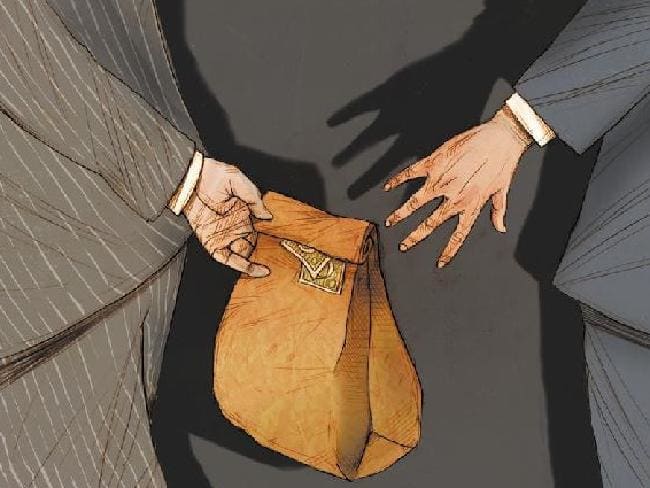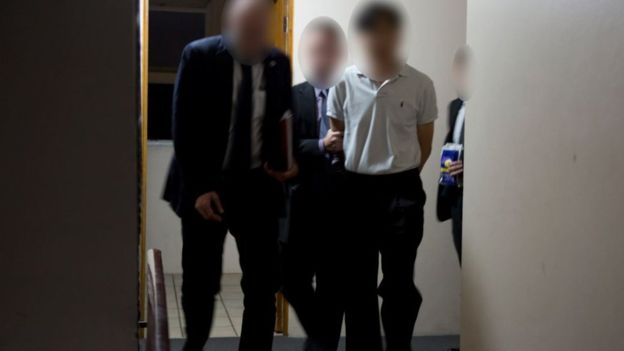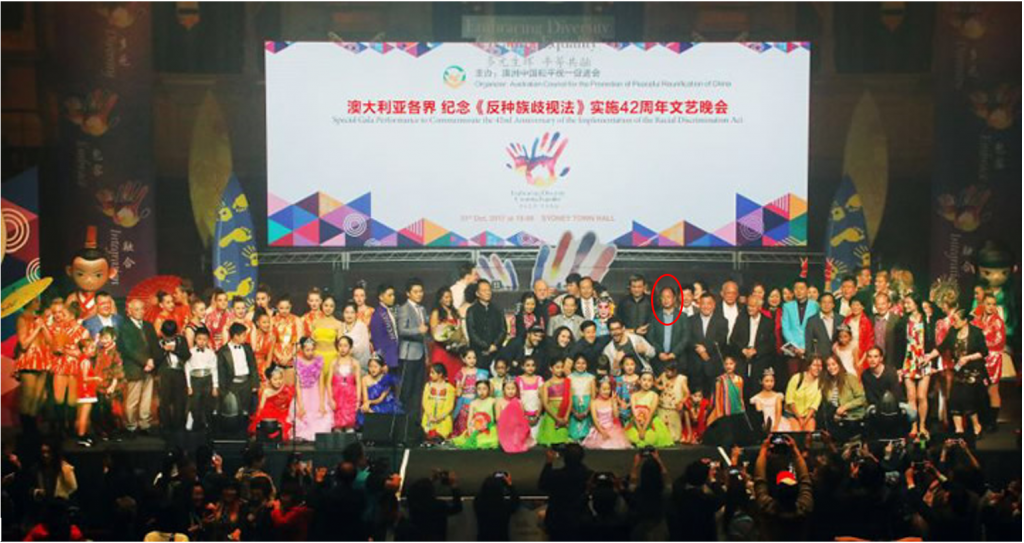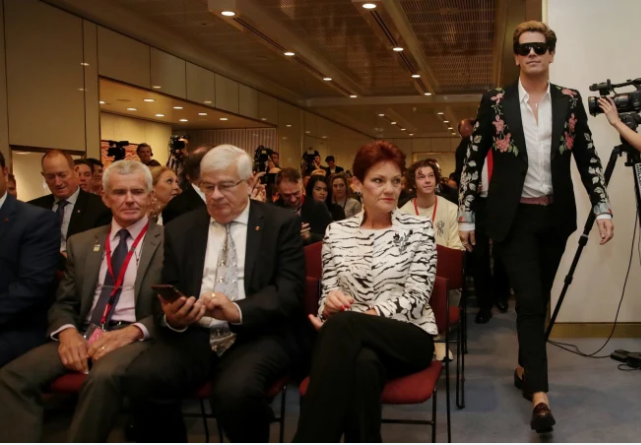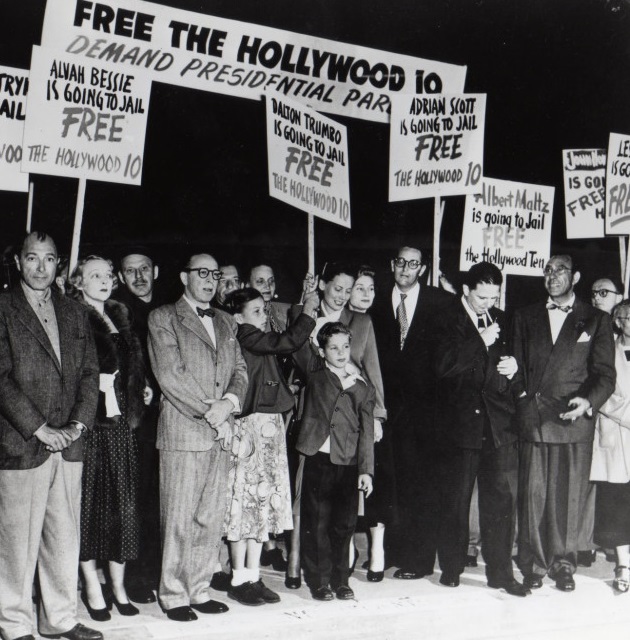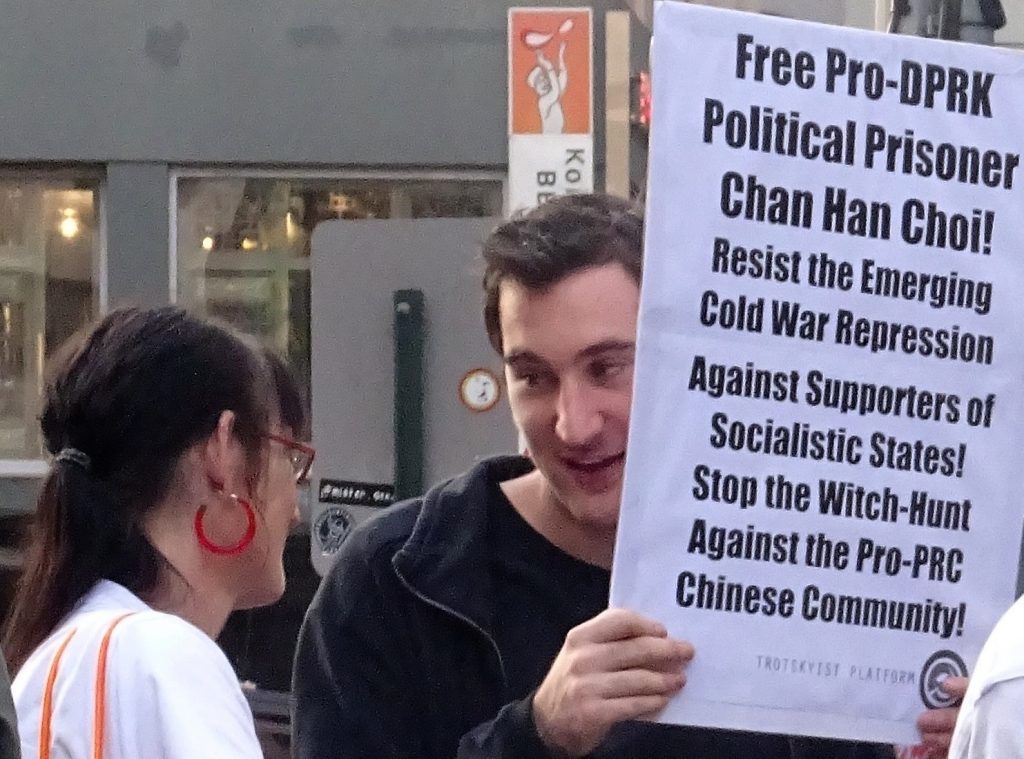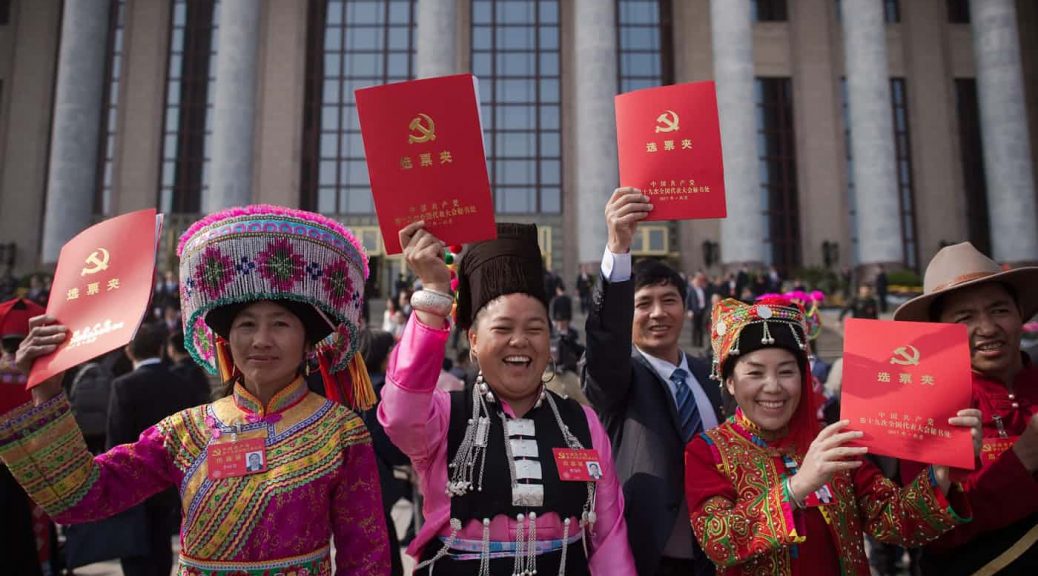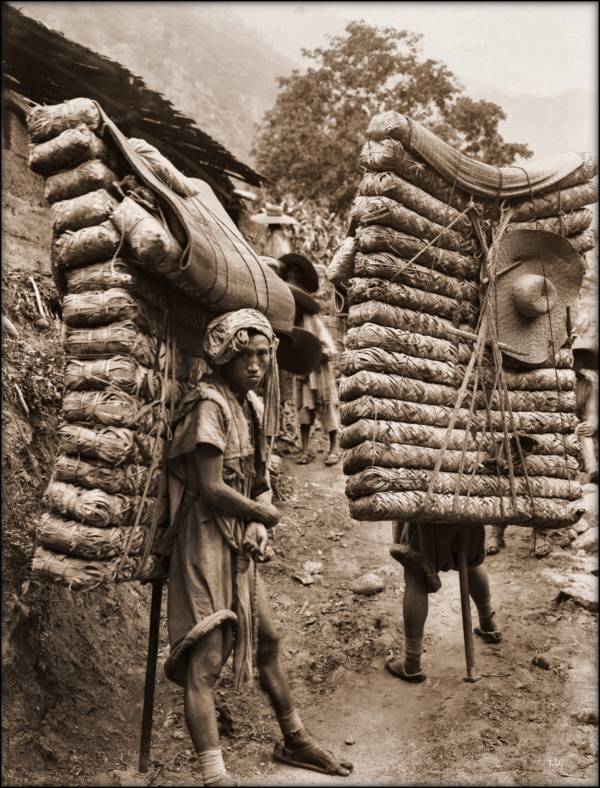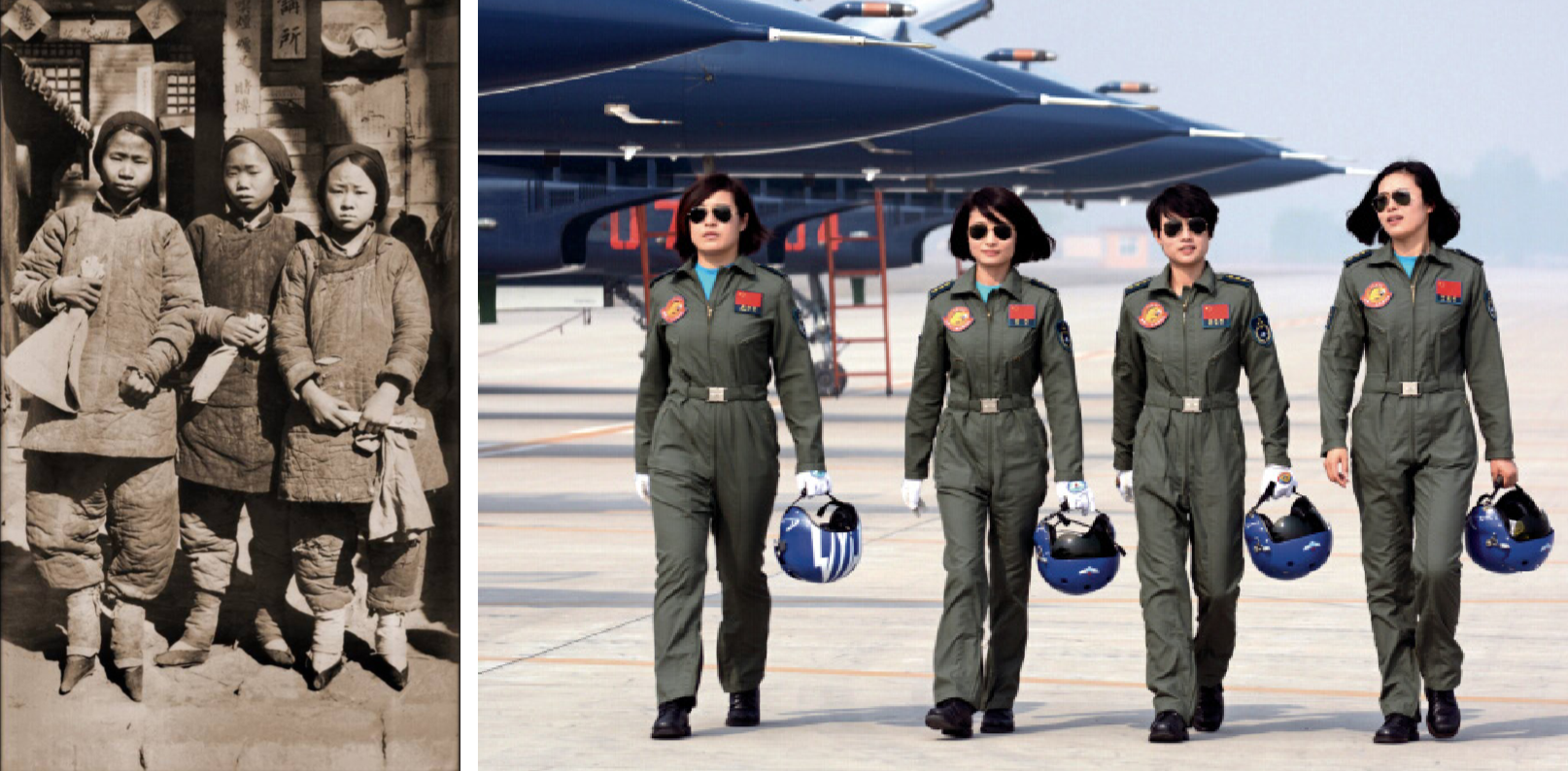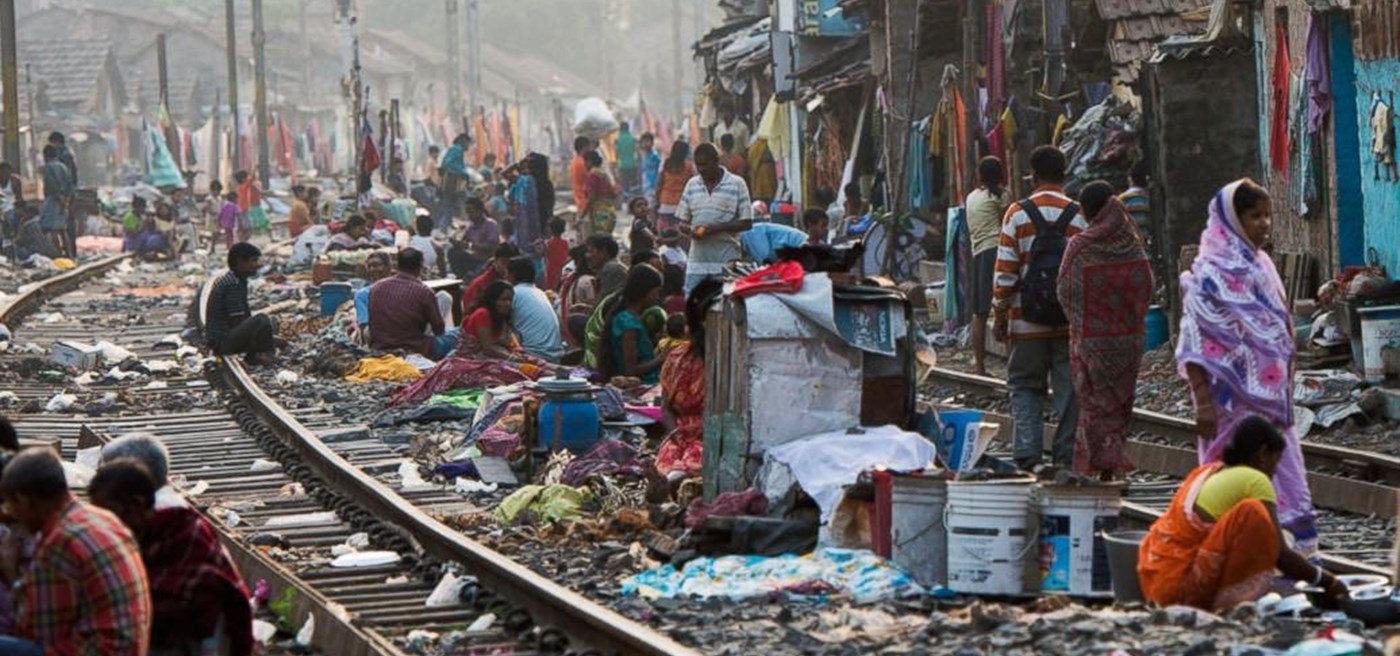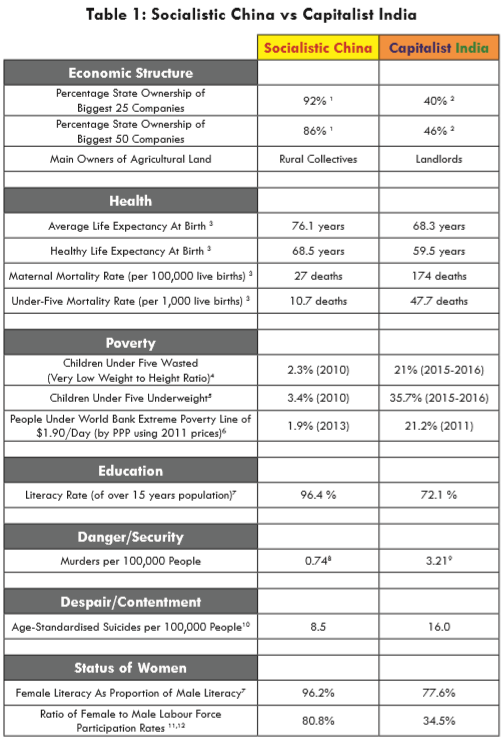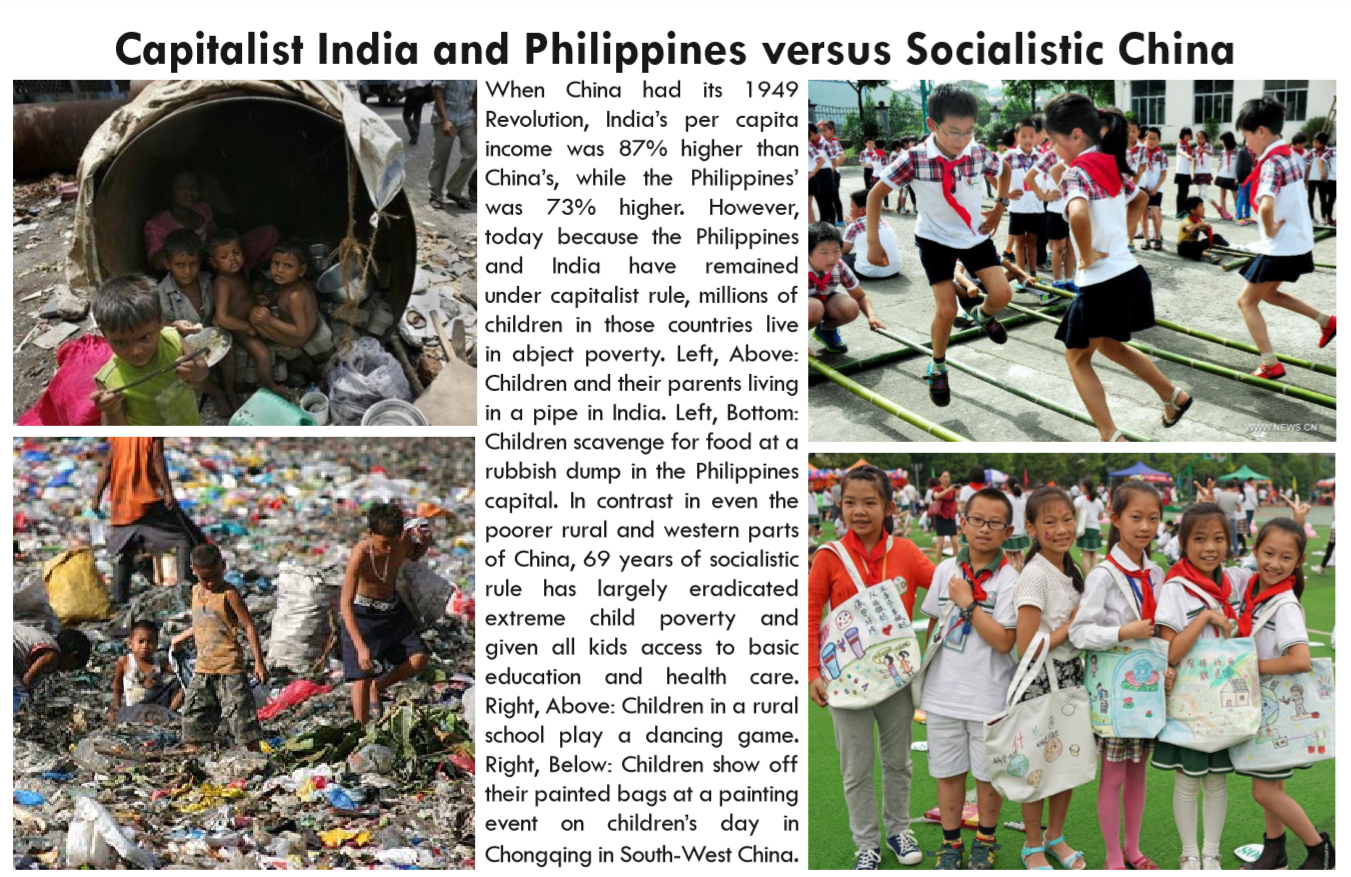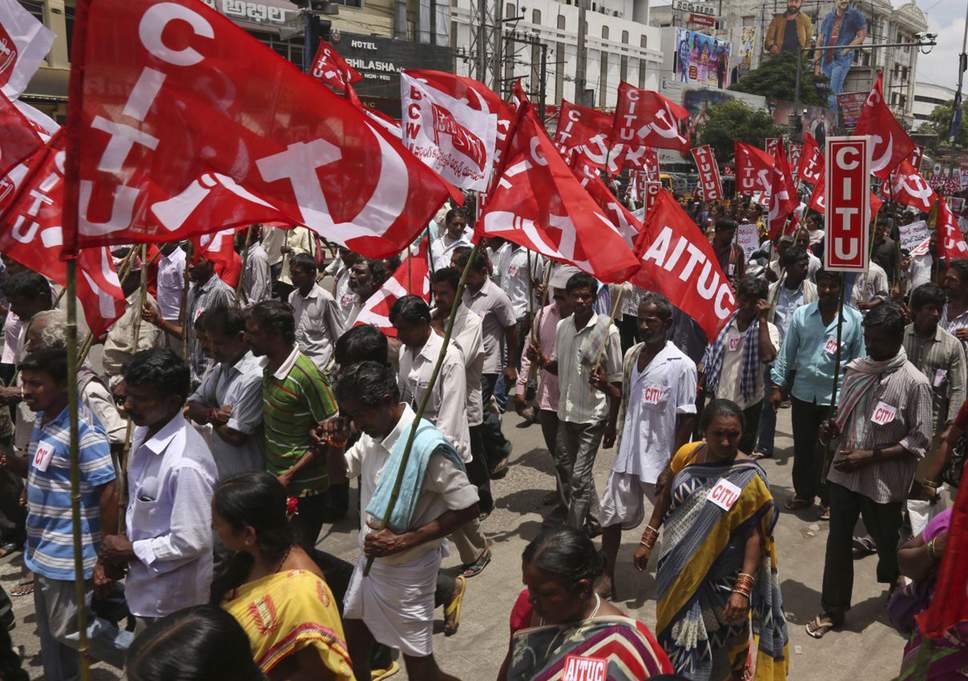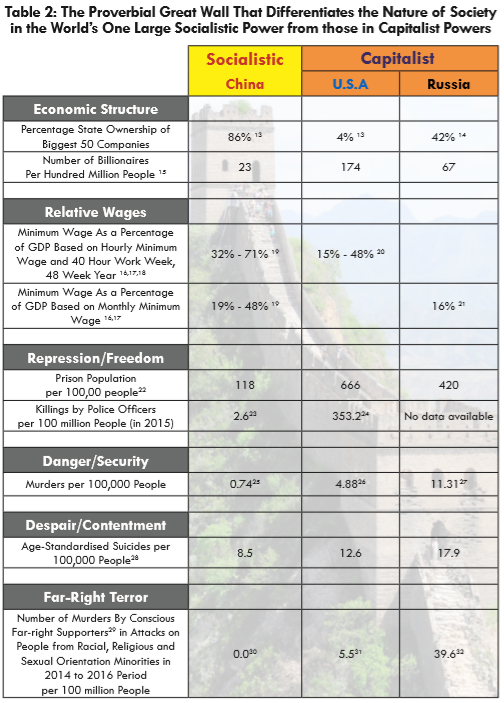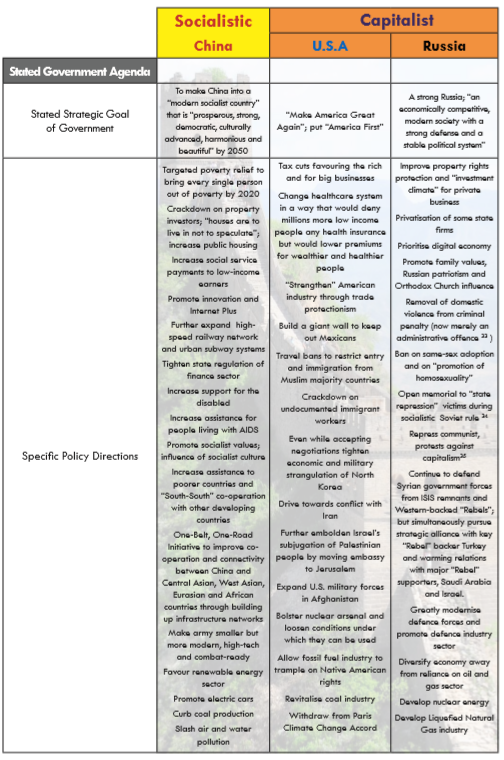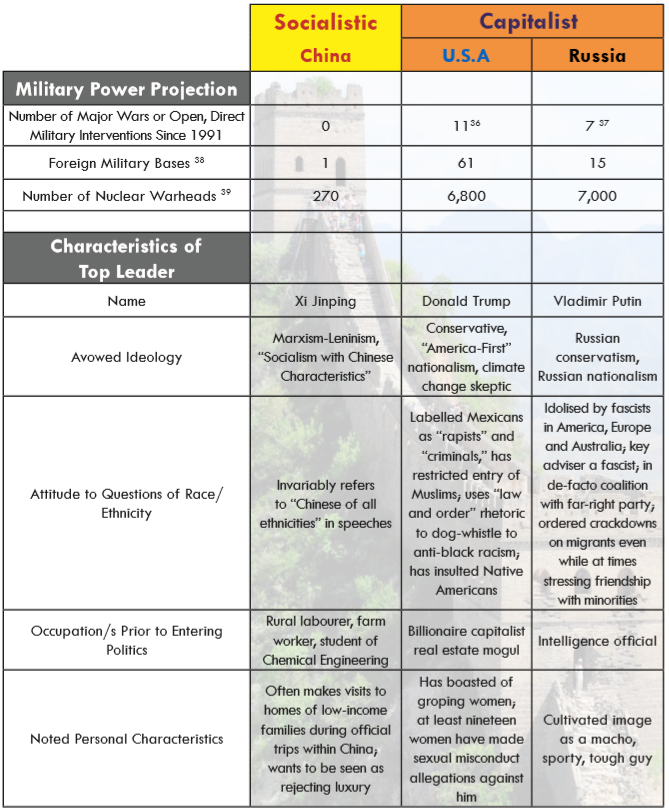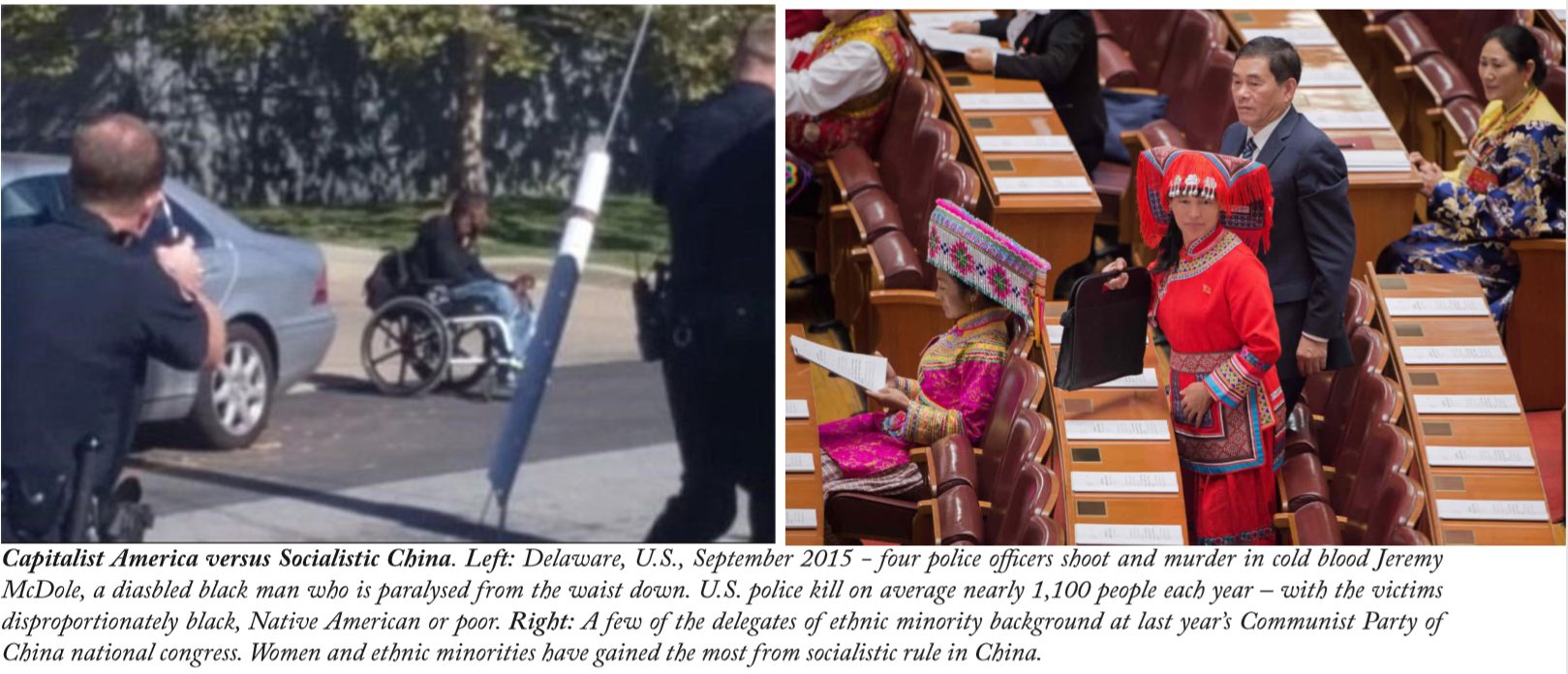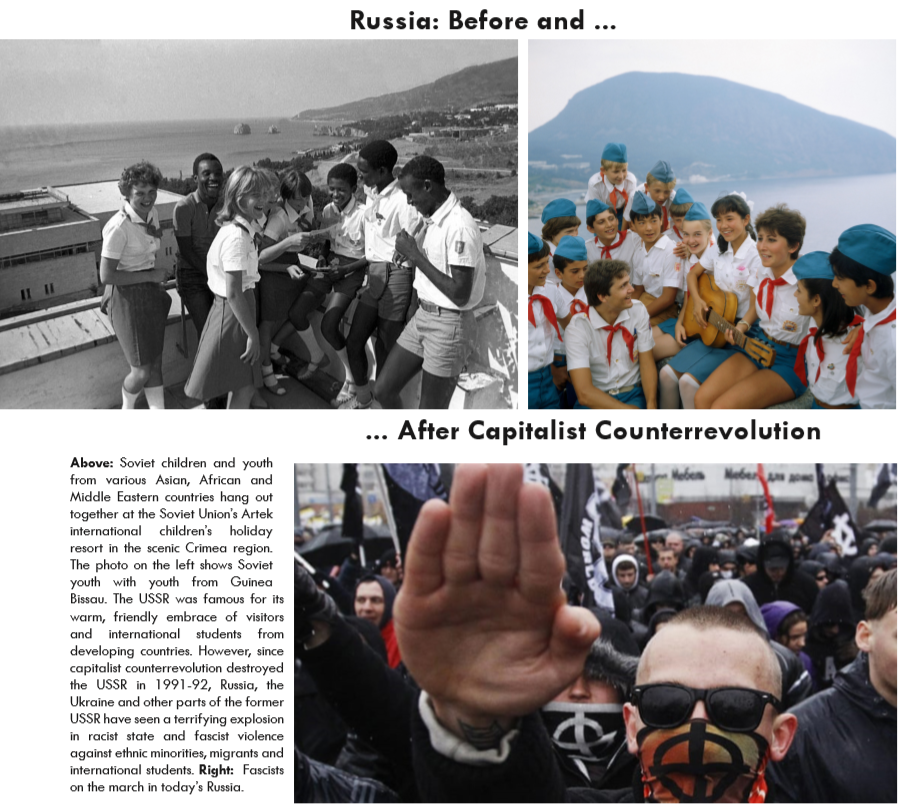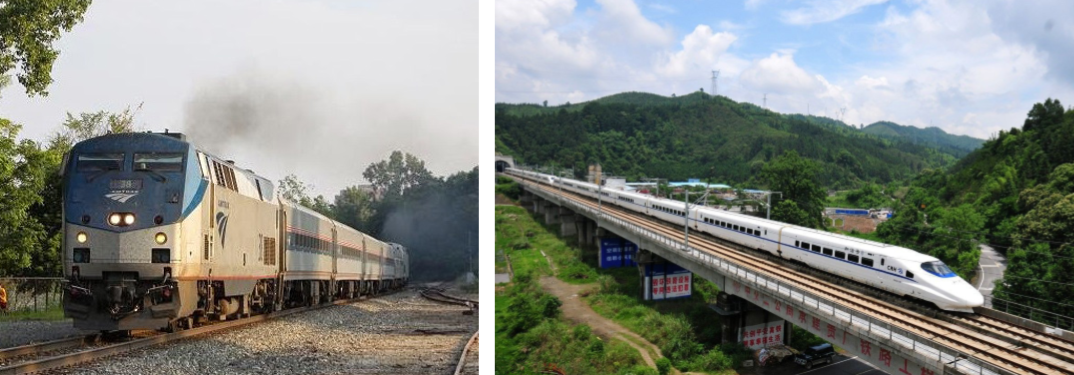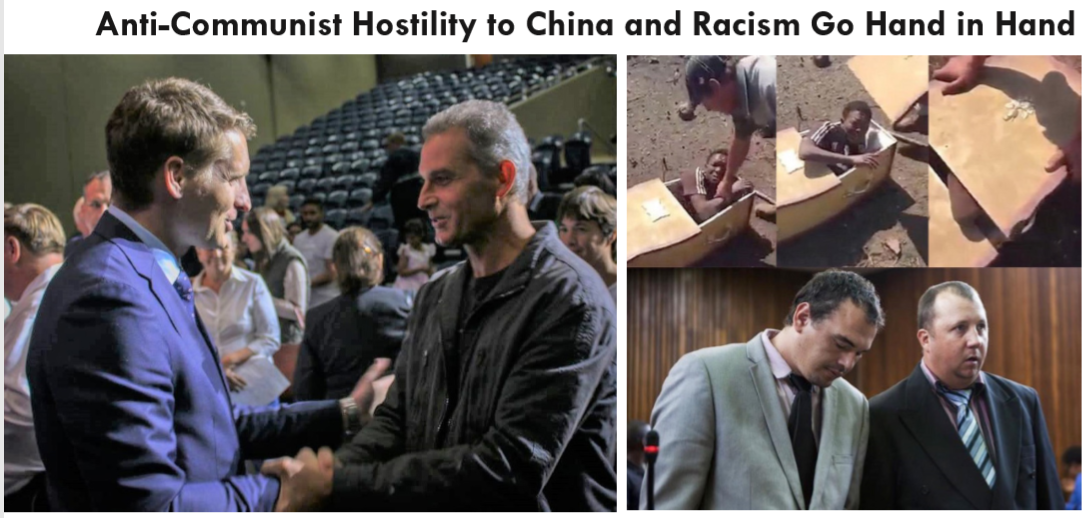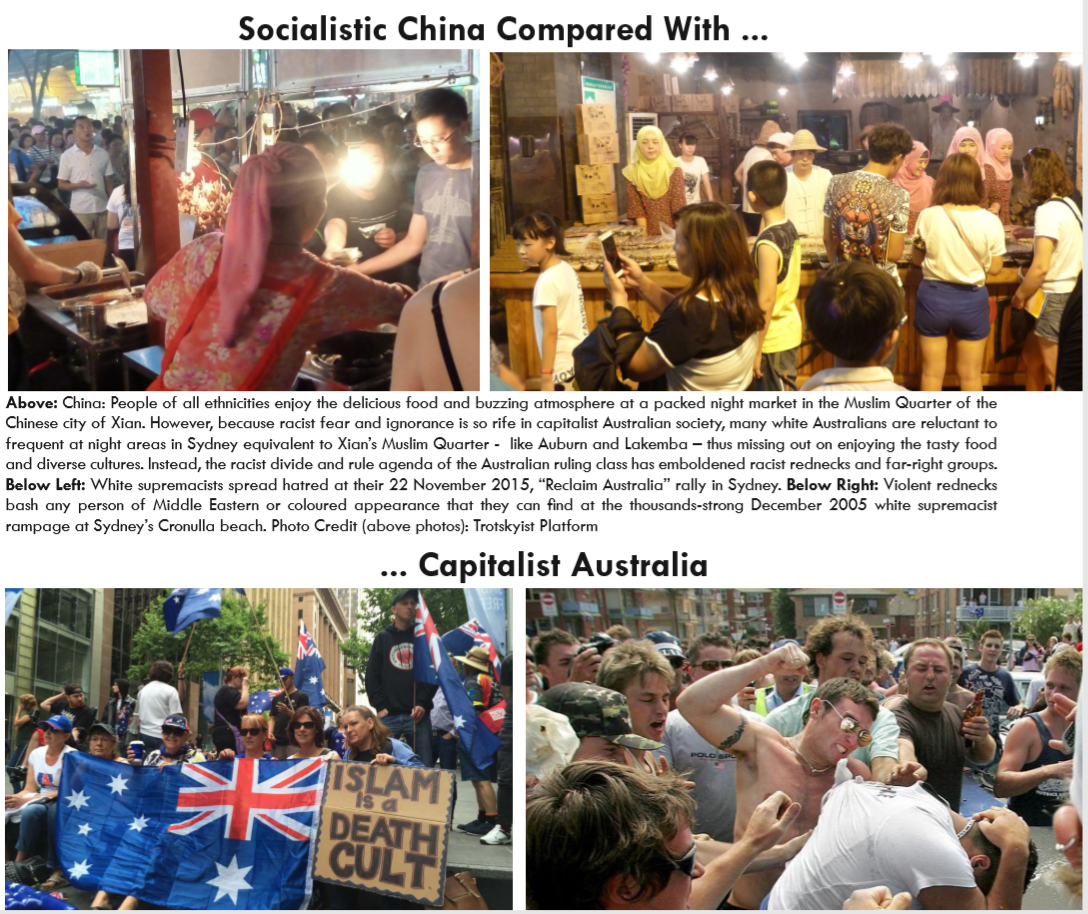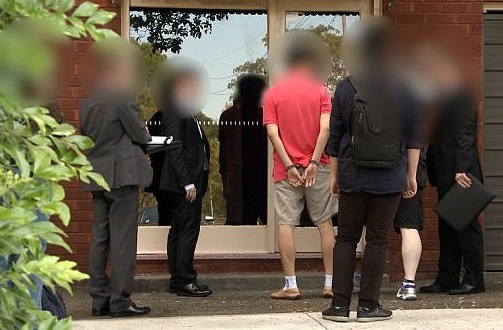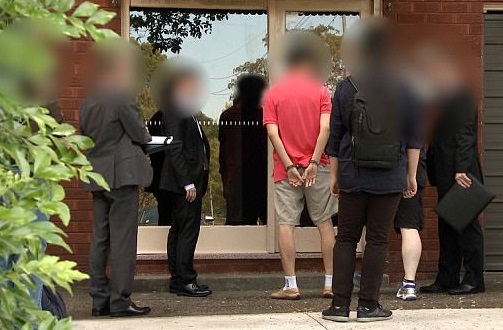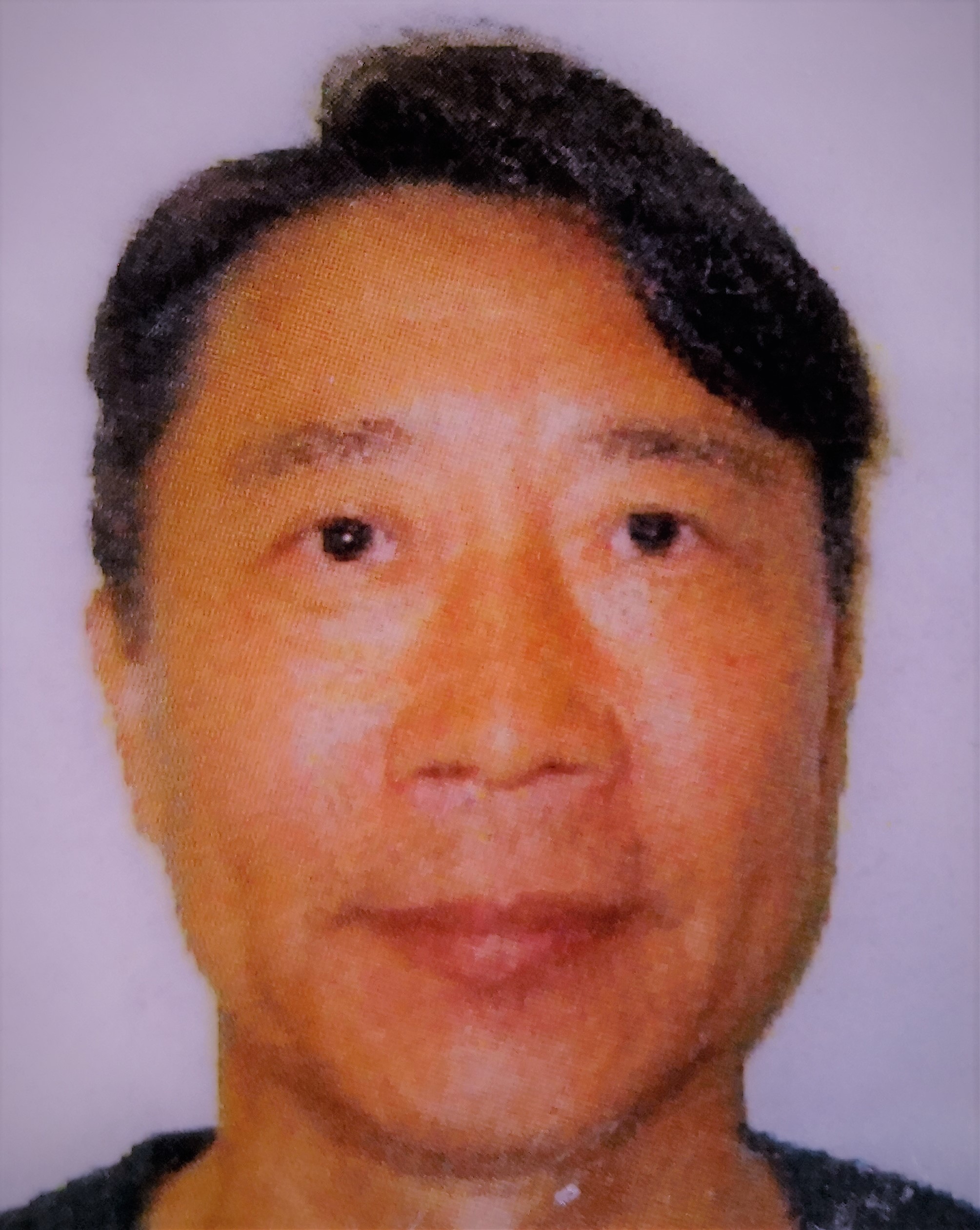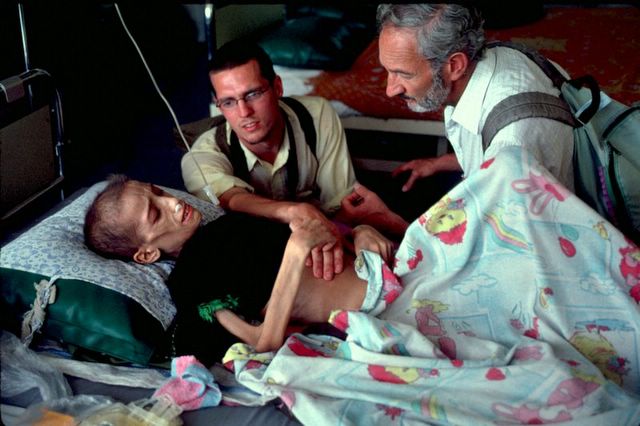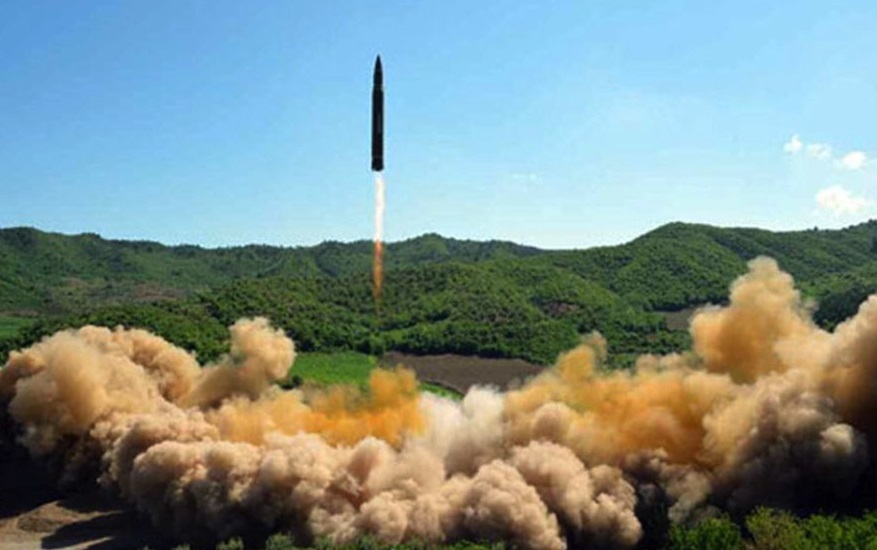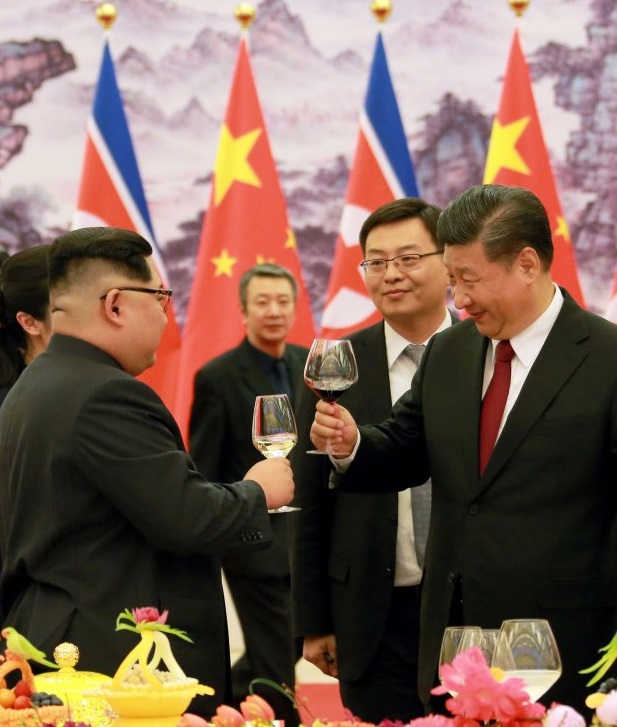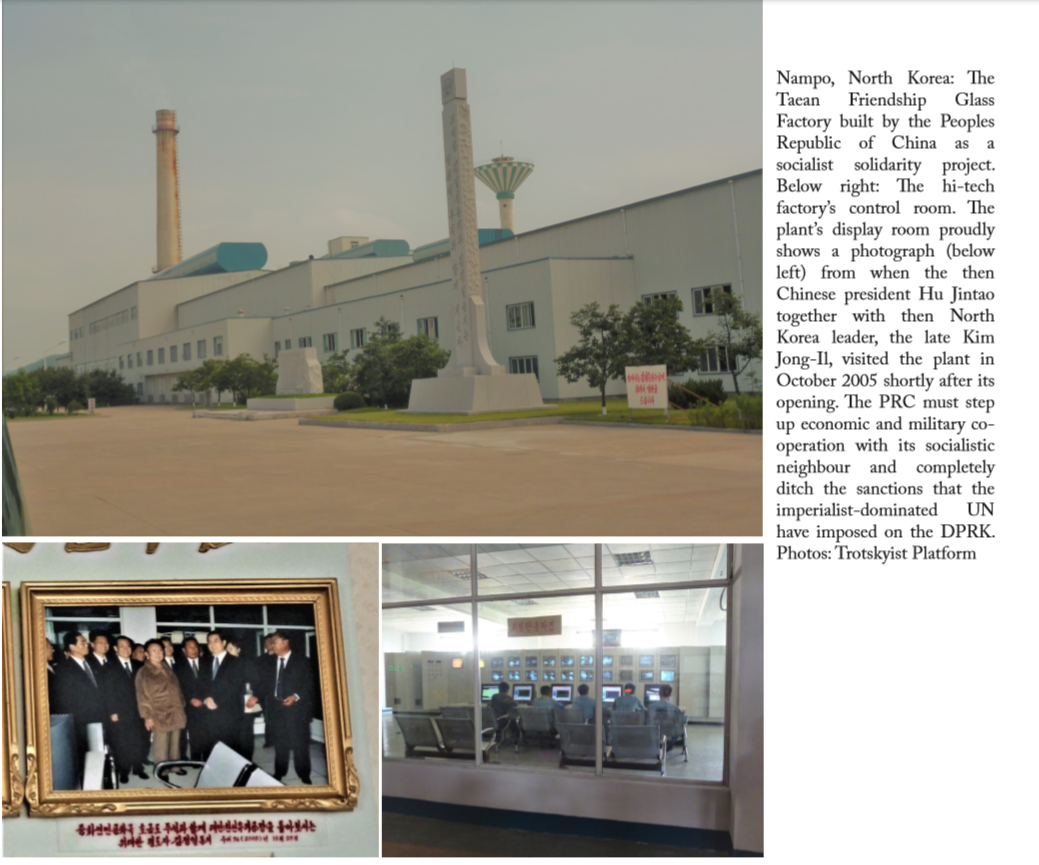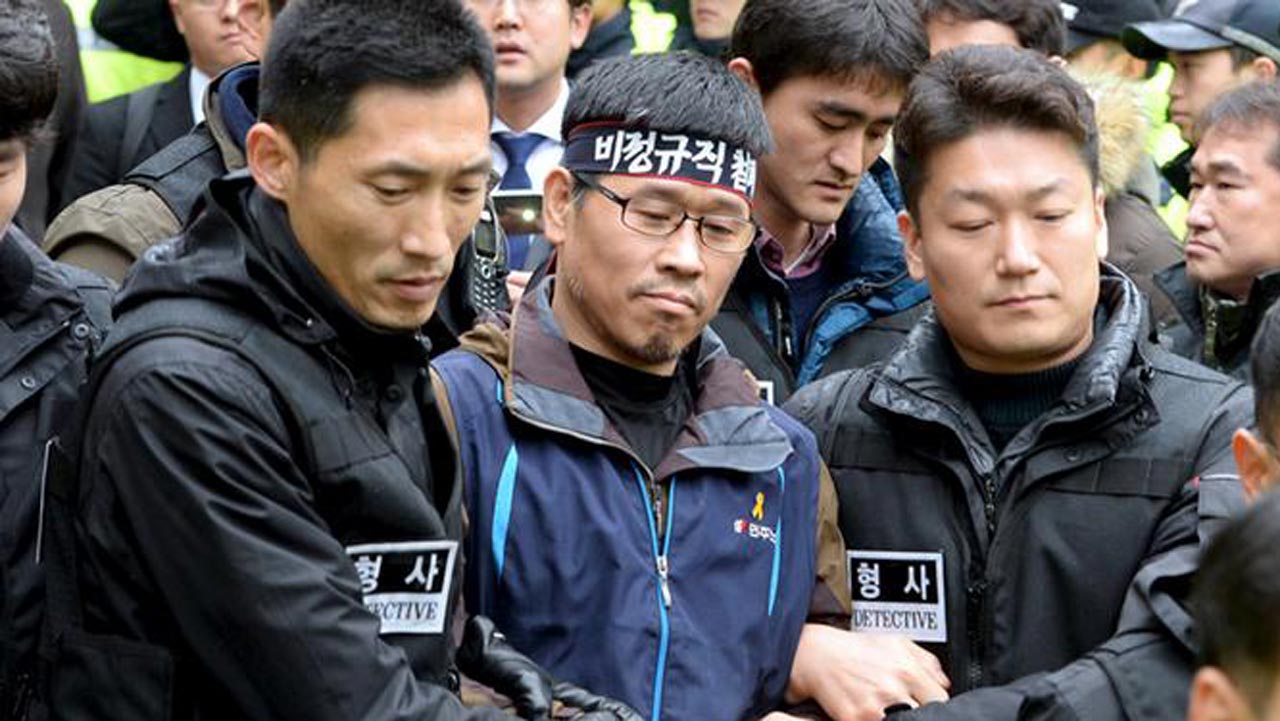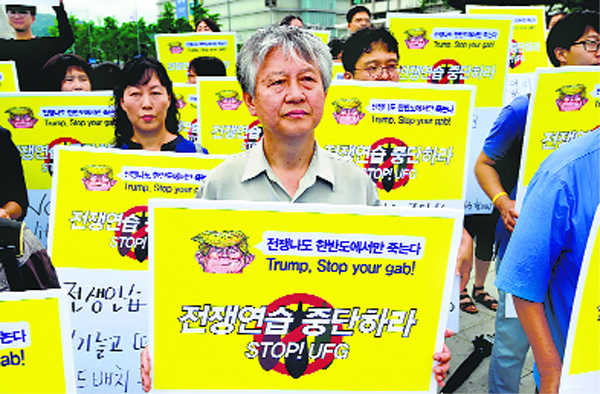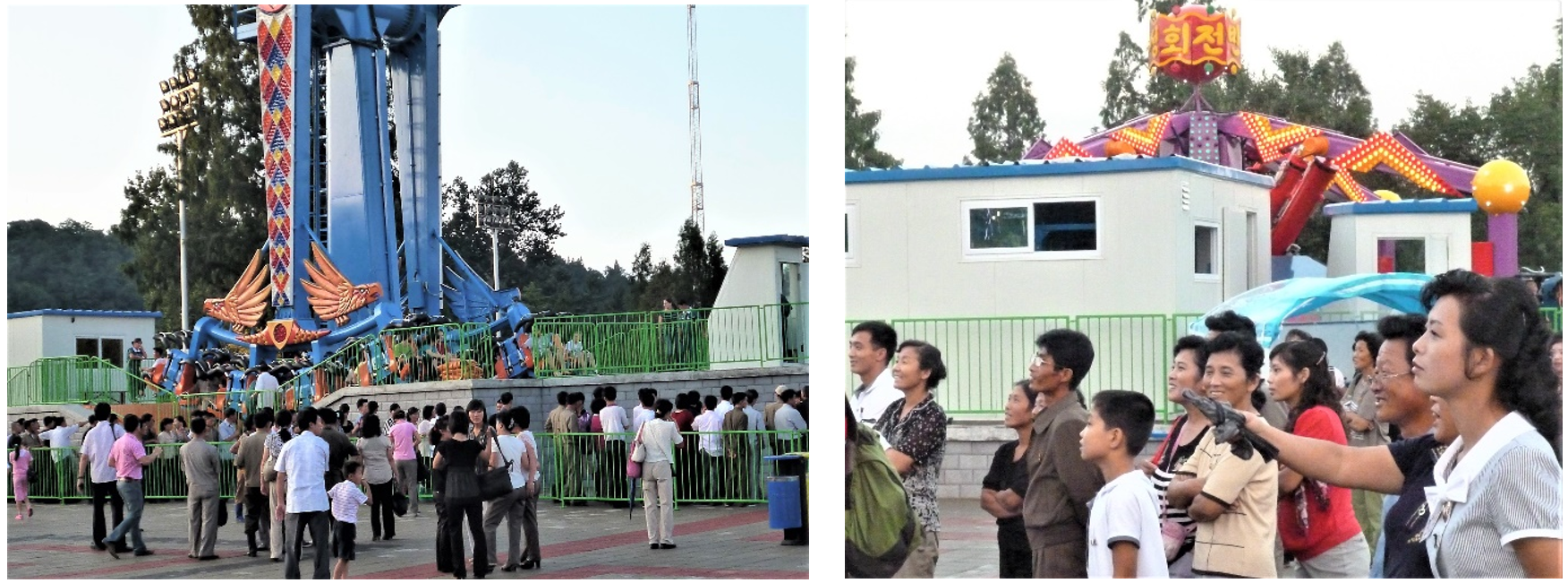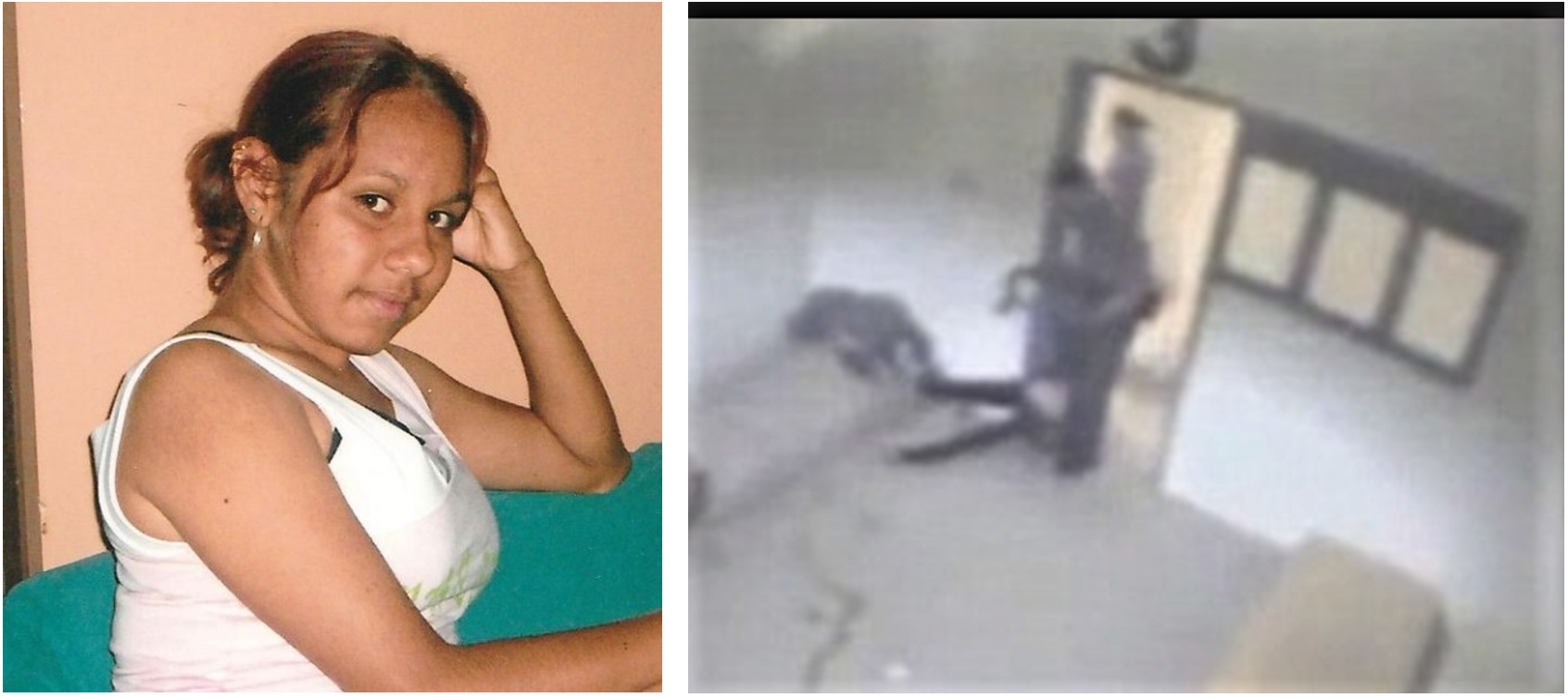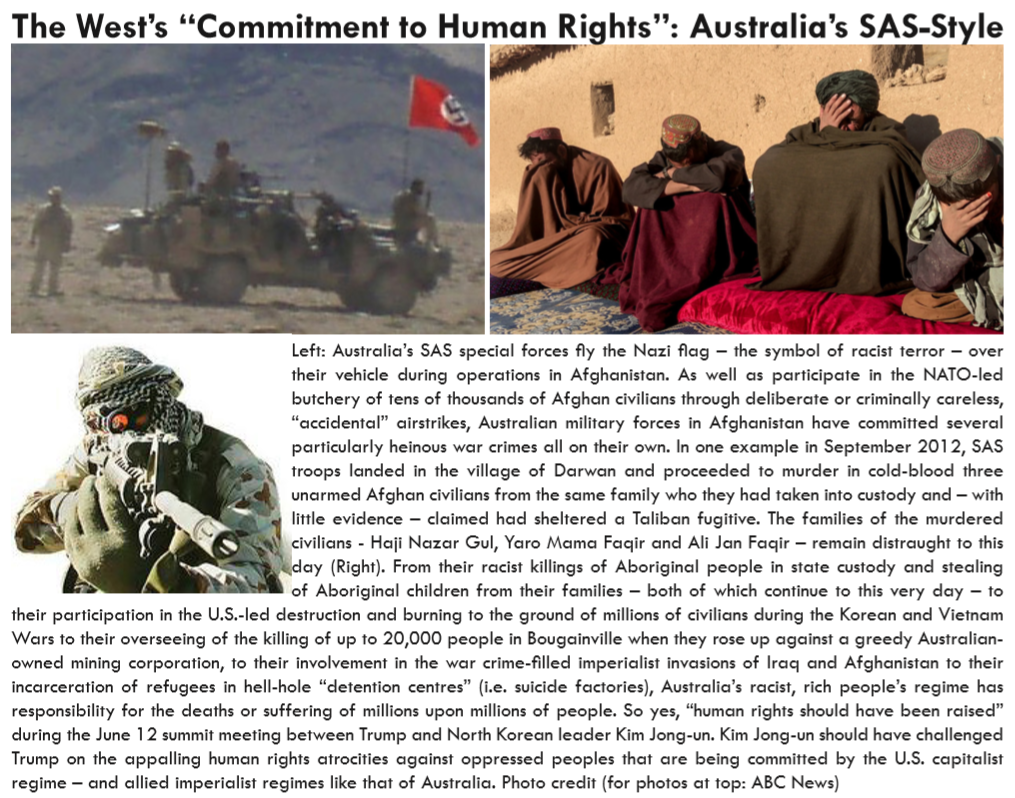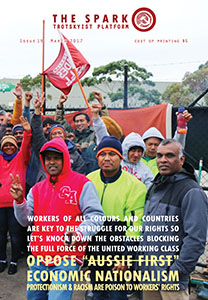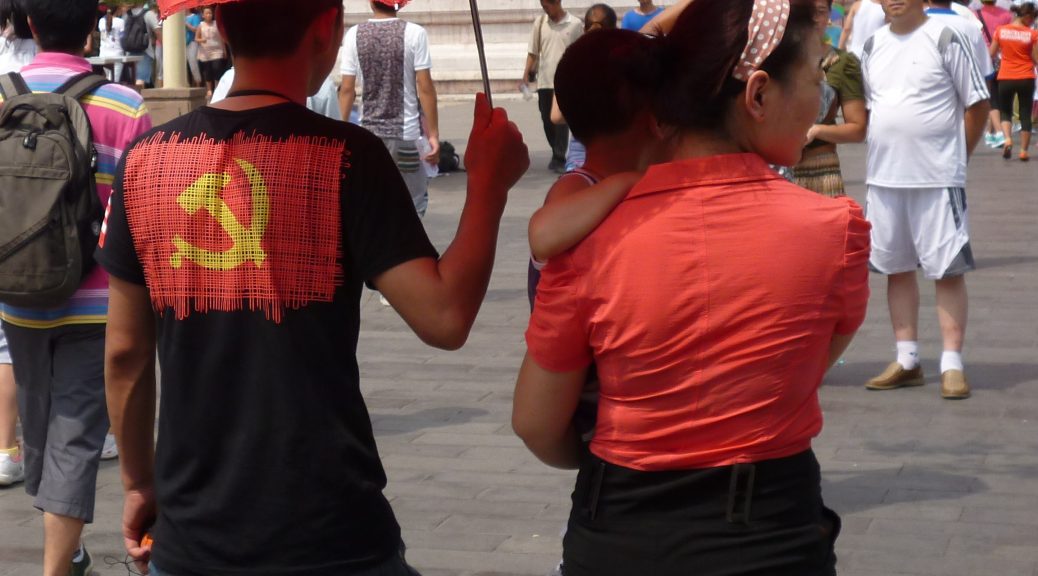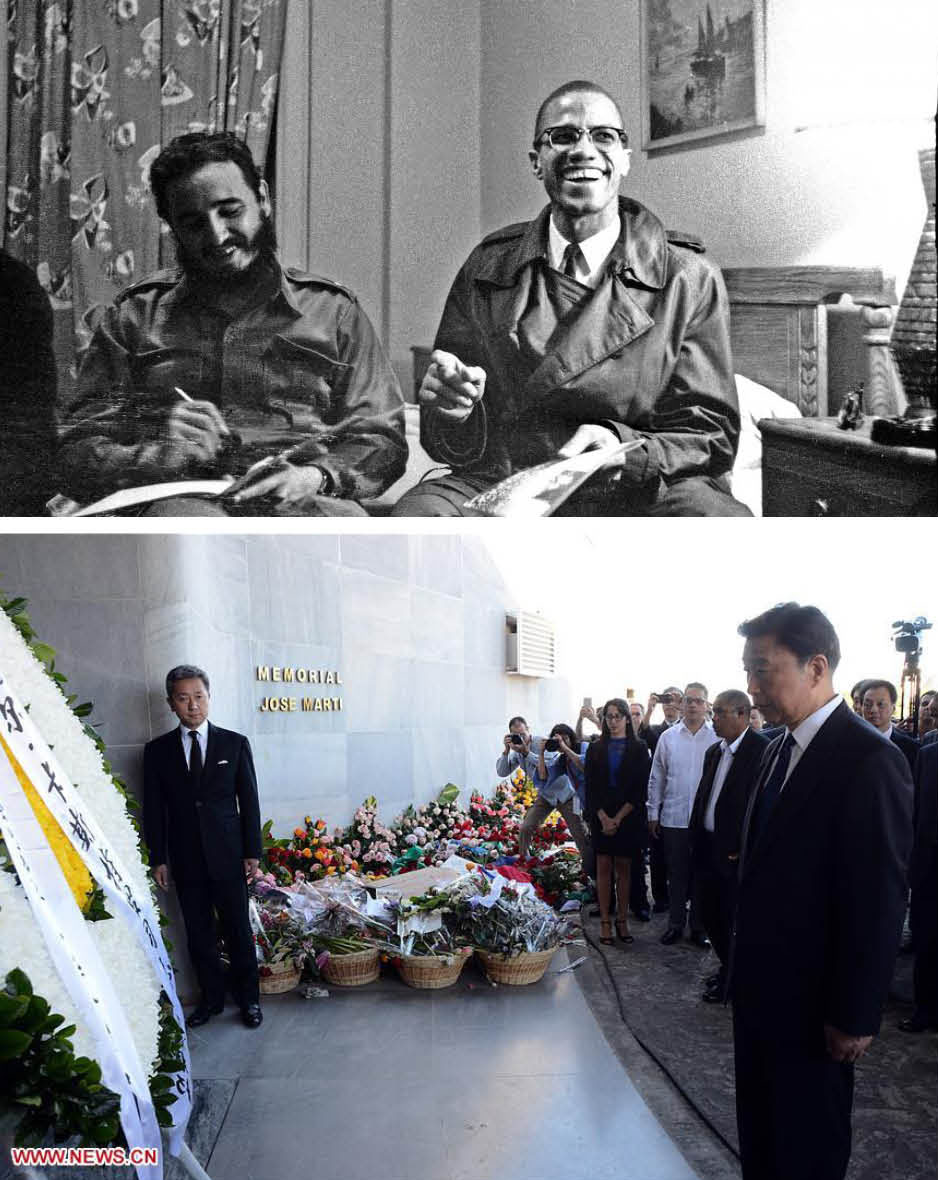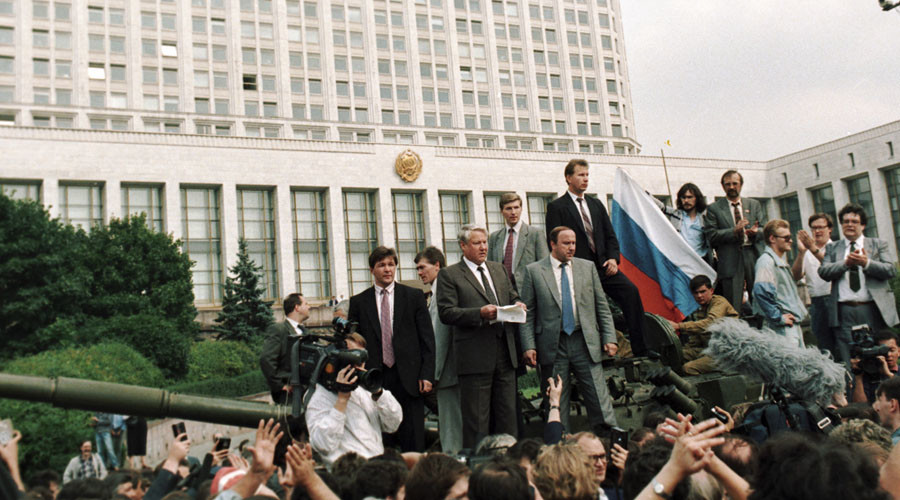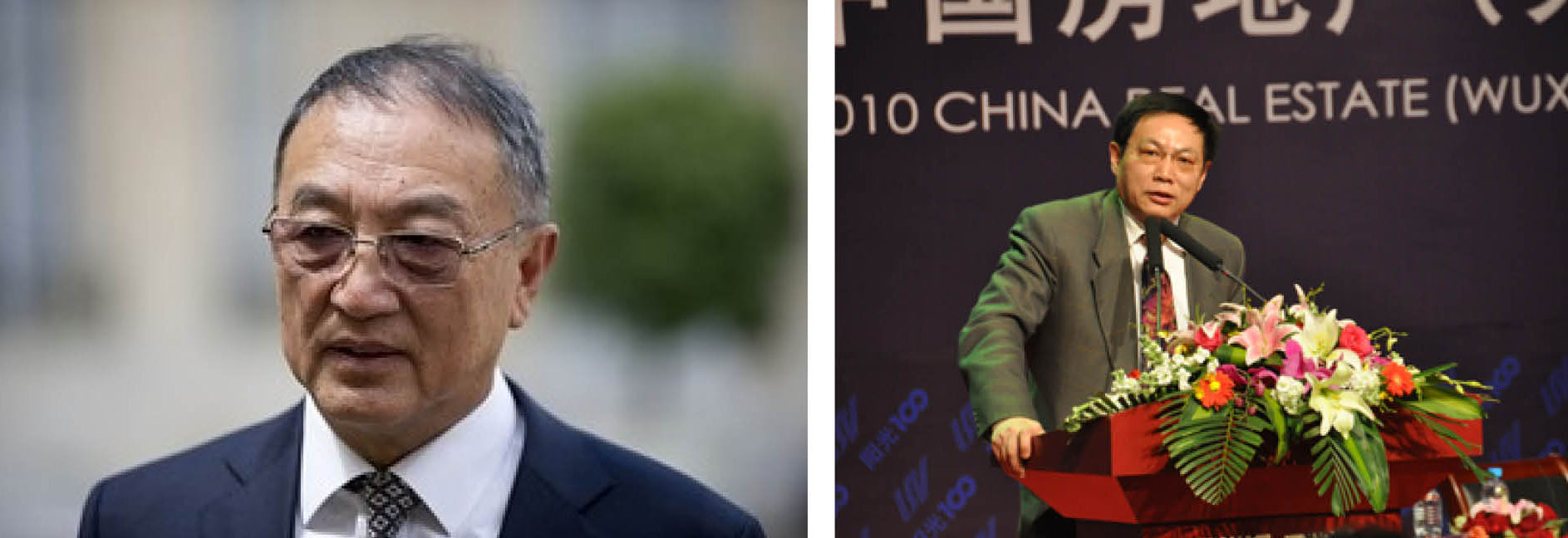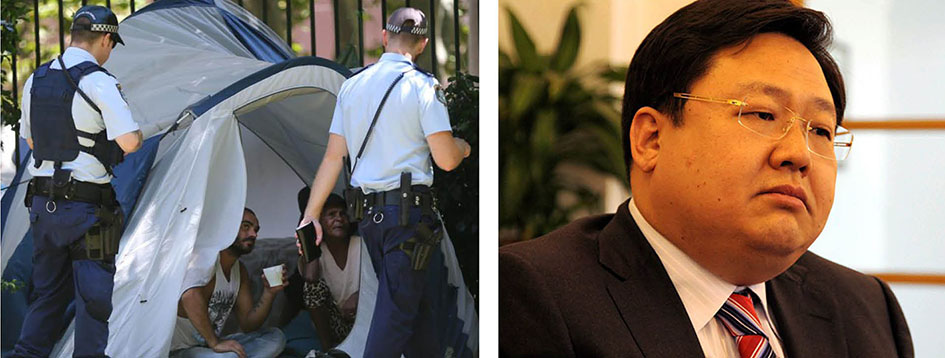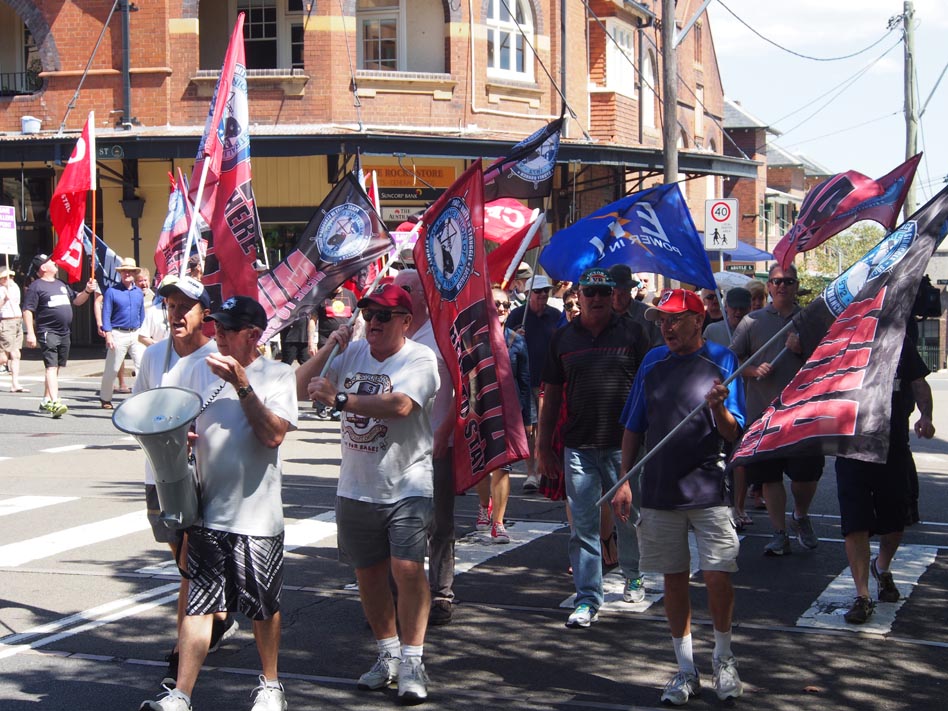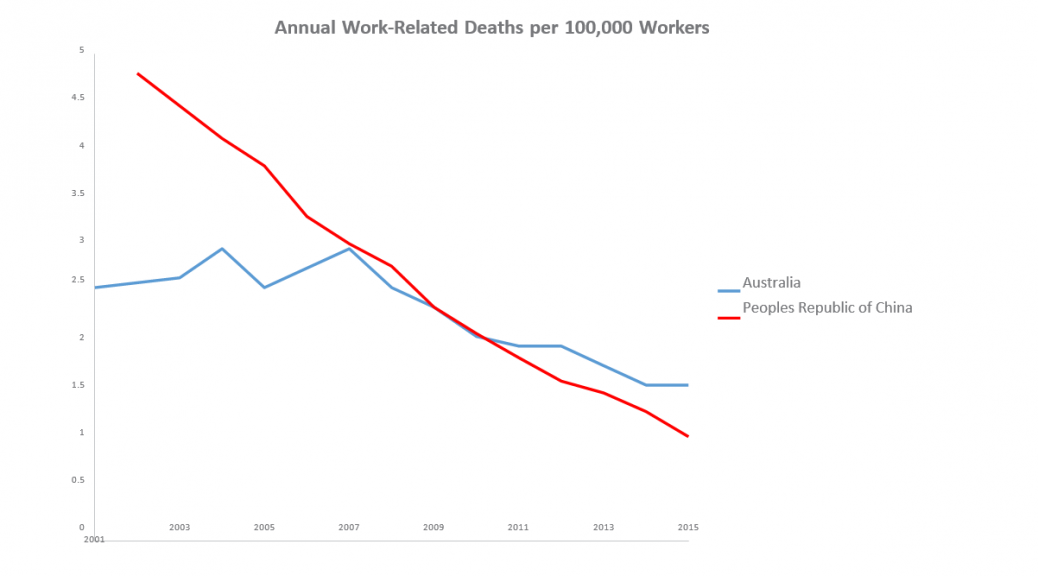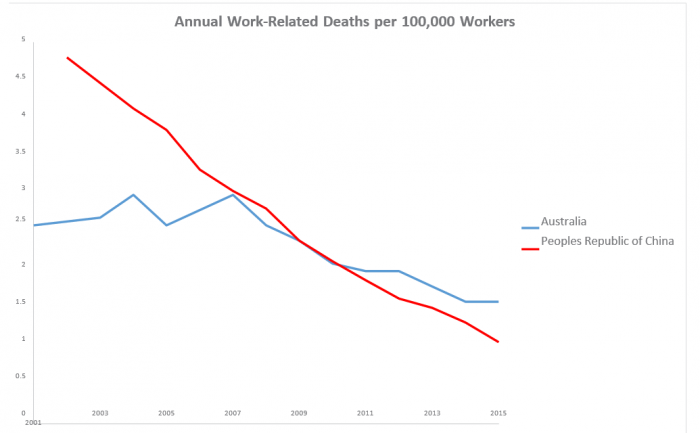Stop the Sell-Off of Public Housing – Massively Increase It Instead!
The Connection between Political Donations and the Sell-Off of Public Housing in Inner City Sydney
1 May 2019 – A look at the registry of political donations to the NSW Liberal Party shows that the governing party in NSW accepted donations from real estate companies just when government decisions related to these companies’ participation in the government’s sell-off of public housing in inner city Sydney were being made. In each case the rich businesses making the donations ended up getting favourable government decisions. Those decisions have resulted in their wealthy owners making or standing to make mega bucks. This information provides hard data that helps confirm what people seriously looking at the public housing sell-off already know: that the NSW government’s sell off of public housing in the Millers Point, Rocks and Dawes Point area was not motivated by any concern for the interests of the working class majority of NSW but instead was driven by the wish to satisfy the interests of rich business owners.
It is now over five years since the NSW state government announced that it was selling off nearly 300 public housing dwellings in the Millers Point, Rocks and Dawes Point area. Sadly they have already completed their sell-offs of public housing in Millers Point – except for 24 properties that they reluctantly agreed to maintain as public housing in a minor concession to the demands of the tenants movement. They are yet to sell-off the Sirius Building which formerly had 79 public housing units there. However, the government has already driven off all the former public housing tenants from that building – many of whom were elderly women. The real estate agents that the Coalition government have contracted to sell-off Sirius is Savills (NSW) Pty Ltd. On 7 December 2017, the NSW government and Savills first publicly announced that Savills had been awarded the contract to sell Sirius and opened registrations of interest for the building to developers and investors [1]. A filed Major Political Donor form shows that just over nine months earlier, on 27 February 2017 – that is, right in the period when one would expect the government to have been considering which real estate company should be given the contract to sell Sirius – Savills donated nearly $4,000 to the NSW Division of the Liberal Party [2]. The $3,960 donation was made at an “Alan Jones Luncheon” – yikes!
Savills and the NSW Liberal government would, no doubt, have liked to be able to respond that Savills are a regular donor and the timing of that nearly $4,000 donation is just pure coincidence. Except that Savills are not a regular donor to the NSW Liberal Party! Not at all! A search done on the NSW Electoral Commission registry of political donations [3] shows that in the almost ten year period from August 2008 – when political donations were first recorded in detail – until the end of June 2018 (i.e. the end of the last reporting period before this article was written), Savills never made any other donation to the NSW Liberal Party at all. In other words, over at least a ten year period, Savills never donated a solitary cent to the NSW Liberal Party, except around the time when the Liberal government was considering whether to grant them the lucrative contract to sell Sirius. That makes that nearly $4,000 donation highly questionable!
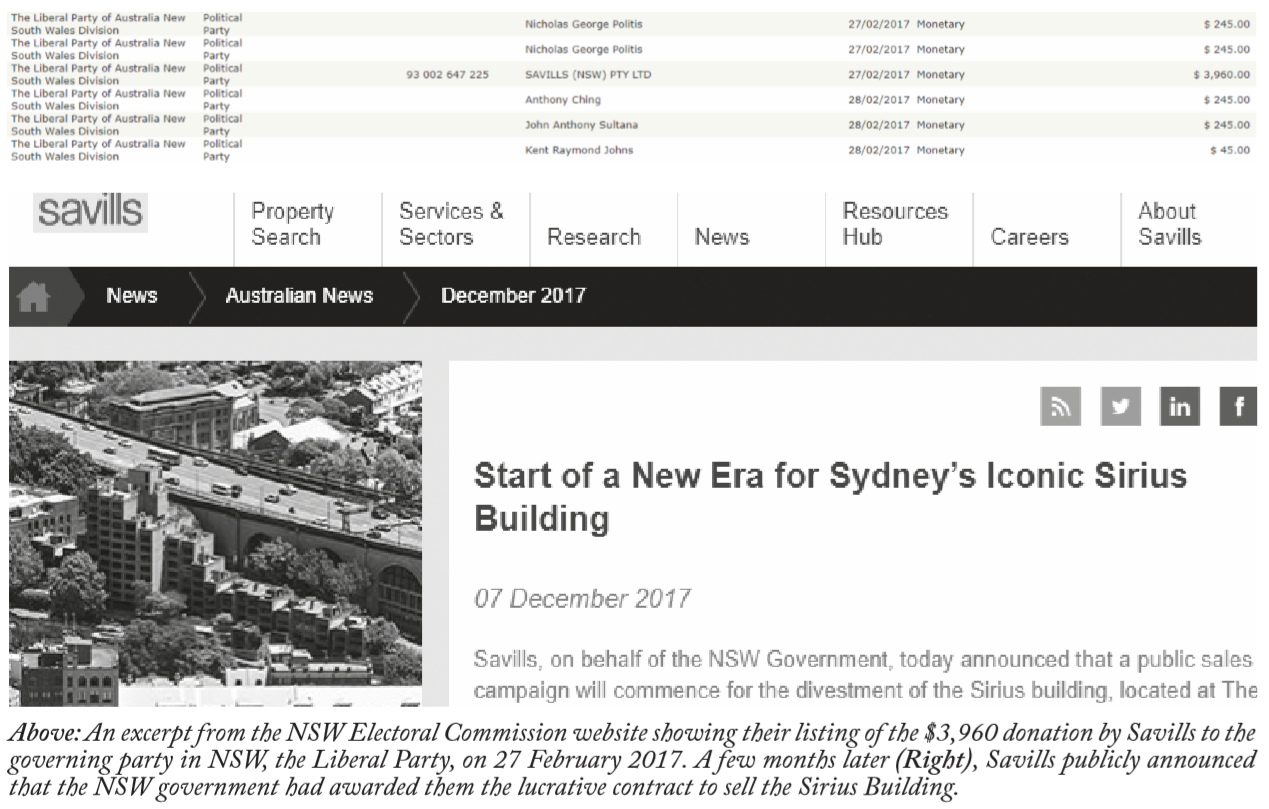
However, if the above referred donation did indeed facilitate Savills winning the contract to sell Sirius, it was a “good” “investment” from the greedy point of view of capitalist bosses. After all, with average commissions in Sydney at around roughly 2.2% and an expected sale price for the building of around $150 million, Savills would stand to make about $3.3 million from the sale. So, if a $3,960 donation helps to make $3.3 million in revenue … that’s some hefty rate of return! There is, additionally, an interesting side point to this donation concerning a possible attempt to conceal the timing of the donation – see Note [4] at the end of this article for a discussion of this possible issue.
Savills bosses are not the only people that stand to profit from the sell-off of public housing in the Millers Point and Rocks area and who made donations to the NSW Liberal Party. While Savills have the contract to sell the Sirius building, more than 85% of the $608 million worth of public housing in Millers Point was sold off by McGrath Real Estate [5]. And just like Savills, McGrath Real Estate also made big donations to the NSW Liberal Party just around the time when they were awarded lucrative contracts to auction the public housing units that the state government was putting up for sale. In particular, within the space of 10 days between 26 January 2015 and 6 February 2015, McGrath Real Estate entities made two separate donations to the NSW Liberal Party totalling $2,210 [6]. These donations were just around the time when the auction of public housing dwellings in Millers Point was being ramped up and the government was about to determine which estate agents received the bountiful contracts for further auctions (see for example [7]). Telling, too, are the results of a search done on the Electoral Commission registry for any McGrath Real Estate donations to the Liberal Party in the almost ten year period up until the June 2018 end of the latest reported disclosure period. This search revealed that McGrath entities made no other donations whatsoever to the NSW Liberal Party during those ten years. In other words, just as with Savills, the NSW Liberal Party only received donations from McGrath Real Estate around the time when they awarded the latter lucrative government contracts to be agents for the sell-off of inner city public housing. And again, this fact only makes the receipt of those particular donations even more questionable. Of course, from the point of view of the profit-hungry McGrath Real Estate bosses, donating to the governing party would make sense if that would help “facilitate” the winning of contracts to sell off the public housing. Assuming a typical commission rate of 2.2%, the contracts they were awarded to auction off Millers Point public housing would have netted them over $11 million in revenue.
Public Housing Sell-Off: A Boon for Real Estate Bosses, Developers and Speculators,
A Disaster for Working Class People
It is not only real estate agent bosses that have profited handsomely from the sell-off of public housing in the Millers Point and Rocks areas of Sydney. The main direct beneficiaries of this anti-working class privatisation were the wealthy investors and speculators who bought up the sold off properties. One of these is Shane Moran, the owner of ultra-high-end aged care operator, Provectus Care. Shane Moran is one of the heirs to the Moran family fortune and lives in a 60-room mansion in Darling Point called Swifts which is valued at between $50 million to $100 million! In late February 2016, Moran bought one of the largest sold off public properties in Millers Point, Darling House, for $7.7 million. Darling House had been a retirement home for low income elderly people. However, soon after the government announced its intention to sell-off all public housing in Millers Point, it scrapped a 20 year agreement that enabled the community-run facility to have lower rents, forcing the facility to close. After buying the property, Shane Moran made no secret of his intention to turn the building into a high-end aged care facility for the rich [8]. A similar facility he runs at Rose Bay charges an upfront fee of more than $2 million for each resident and then a “service fee” of $104 per day! So what happened to Darling House actually typifies exactly what the sell-off of public housing in Millers Point is all about. Here, a community-run aged care home for low income people was closed and has been replaced by an aged care facility affordable only to the very wealthy and where its filthy rich owner will stand to make huge profits (by the way, there are questions to be asked about donations to the NSW Liberal Party made by an elder brother and possibly other relatives of Shane Moran – and possibly, again, by Shane Moran himself – in the five month period after he first publicly announced in September 2016 that he was applying for planning approval to turn Darling House into a high-end aged care facility – see [9]).

The sell-off of public housing in inner city Sydney has been bad news for working class people full stop. Firstly, the forced relocation out of the area of the former public housing tenants has dispersed and destroyed a once close-knit and vibrant community. Many of the former tenants became despondent and some have died prematurely and even committed suicide (for a detailed scientific study of the effects of the sell-off on the former tenants refer to the recently published book by Professor at the UTS Institute for Public Policy and Governance, Alan Morris [10]).
Secondly, contrary to the NSW government’s devious claim that the inner city public housing sell-off was aimed at raising funds for the construction of more public housing elsewhere, the truth is that the sell-off of public housing in Millers Points and the Rocks was actually simply part of a broader government agenda to slash the amount of public housing throughout the state. This is proven by official government figures (see Note [11]). They show that in the three year, 2014-2017 period [12] from when the removal of public housing tenants from Millers Point and the Rocks commenced to when the forced relocation of tenants from the area was basically completed, the number of public housing dwellings in NSW was cut by 584 dwellings! In other words, in addition to the 189 properties that were eventually sold off in Millers Point, a net further 395 public housing dwellings were sold off elsewhere in the state in just that three year period! So much for the government’s claim that for every public housing dwelling sold off in the inner city, it would finance the construction of four to five new public housing dwellings elsewhere! Indeed, as well as in Millers Point and the Rocks, the right-wing NSW state government has been privatising public housing in Parramatta, Hurstville, Greenacre, Panania, Campsie, Fairfield, Wentworthville, Lalor Park and Canley Vale.
The effect of this gouging of public housing is even worse when one takes population increase into account. In that case we see that relative to the population size, the NSW Liberal government has slashed the number of public housing places by an equivalent of 5,164 properties in just three years! This is despite the truth that higher immigration actually makes it easier for the government to not only increase the amount of public housing available but makes it easier for them to actually increase the proportion of public housing. This is because not only do immigrants, by paying taxes, increase the public funds available to finance public housing construction and increase the labour resources available to build public housing but by increasing population numbers they allow economies of scale to kick in and, thereby, make housing construction more efficient. The plummeting in the proportion of people with public housing has absolutely nothing to do with immigration but is, rather, a political decision by a wealthy ruling class that is driven by a desire to further increase its own fortunes at the expense of working class people.
With less and less low-rent housing available, no wonder more and more people are being forced to sleep out on the streets of Sydney. Among those finding it hardest to afford rents are low-income, single parent families with young children. Driven into poverty by the combined measures of the Howard Liberal and the Rudd-Gillard-Rudd Labor governments that threw low-income sole parents off the Parenting Payment and into the much lower paying Newstart Allowance and with childcare unaffordable, many of these parents are forced to seek work in insecure jobs in the gig economy or as casuals in order to have the flexible work hours needed to look after their children. This means that the number of work hours they get fluctuates from week to week and they are often not able to generate enough income to both pay rent and to properly feed and clothe themselves and their children. And the fact that wages are not keeping up with prices makes the housing situation of low income workers even more precarious. Meanwhile, one of the combined effects of the gutting of the sole parenting payment and the slashing of public housing is to increase domestic violence against women. For these measures mean that low-income women relying financially on a male partner who is abusive are confronted with the unbearable choice of either going out on their own and living an impoverished life without a guaranteed roof over their heads and those of their children or staying with their partner and trying to endure the attacks.
The drastic slashing in the proportion of public housing available, in the end, hurts all those renting in the lower and even middle range of the rental market. For with so little low-rent public housing available, landlords are able to jack up rents knowing that lower income people have nowhere else to go. Anglicare Australia’s annual Rental Affordability Snapshot released a few days ago showed that in a survey of 69,485 properties listed for rent across Australia, there was not one single available property that would be affordable to rent for a single person on Newstart or Youth Allowance in any major city or regional centre [13]! The survey also found that only 2 per cent of rentals Australia-wide were affordable for a single person on the minimum wage working full time. Rental accommodation is extremely unaffordable for low wage workers even if they live in working class neighbourhoods half an hour to 45 minutes by train from Sydney city. One such region is the Cumberland local government area which includes suburbs like Auburn, Berala, Guildford and Greystanes and parts of Granville, Merrylands and Fairfield. There, even according to the government’s own figures, the median rent for a one bedroom apartment was $345 per week in the December 2018 quarter [14]. This compares with an, after tax, minimum wage for those lucky enough to have a full-time job of $642 per week. In other words, one of the hundreds of thousands of workers on the minimum wage, but lucky enough to have a full-time job, who rents a one bedroom unit in a relatively cheap suburb some half to three quarters of an hour by train from Sydney city, has to pay much more than half their income on rent! Yet such a worker does not even qualify to get on the NSW social housing waiting list! The maximum income a single person can earn before being deemed too “well off” to qualify for social housing in NSW is currently only $625 per week [15]. The reality is that there is such a dearth of public housing that the government has made the eligibility criteria to even get on the social housing waiting list incredibly tough. Of course, if such a low paid worker does not have a full-time job they could get on the social housing waiting list. Yet they will then be totally stuffed as they end up having to pay around three quarters of their income on rent while they wait the average ten years or so to finally get into social housing!
Mobilise the Working Class Movement and All the Poor to Fight for Public Housing
Governments of all stripes in Australia have been selling off public housing for several related reasons. For one they want to help their rich developer, speculator and real estate boss mates. Secondly, they want to spend less and less of the public budget on the services that working class people need the most – like public housing, public health care, TAFE and public schools. These ruling class politicians would rather save the money to finance tax cuts for the very rich or spend the money on corporate welfare – like when the NSW Liberal state government granted $60 million to the job-slashing Bluescope Steel owners. Thirdly, the slashing of public housing is part of a push by the capitalist rulers to make life more and more miserable for unemployed and underemployed workers. They do this by not only reducing access to public housing but also by keeping the Newstart Allowance at cruelly low levels, introducing punitive schemes forcing unemployed people to do unpaid work and rolling out “income management” schemes that prevent unemployed people from determining how they will spend the meagre payments that they receive. The aims of all these draconian measures are two-fold. For one, by making life so hard for job seekers, they force the latter to accept jobs that have terrible working conditions and very low – often illegally low – wages. Additionally, by making the prospect of life after losing one’s job so unbearably miserable, the ruling class hope that they can intimidate workers – fearful of being sacked by the boss or being identified as one of the staunch unionists who will always be top of the bosses’ list to be axed in the event of retrenchments – from participating in the union fight for rights at work. That is why government attacks on public housing – like other measures which target the poor and unemployed – are very much assaults on our trade unions. And that is why the union movement must take up the struggle for public housing as a key part of the struggle to defend workers rights.
Current and former Millers Point public housing tenants and the many trade unionists and other supporters of public housing that stood by them did wage a determined struggle against the sell-off of public housing in the area. Their efforts did much to boost the broader on the streets movement in defence of public housing that had begun several years earlier when activists demanding a massive increase in public housing held a November 2009 protest rally outside the Sydney office of the then federal housing minister (in the then Rudd ALP government), Tanya Plibersek. From 2014 onwards, those supporting the Millers Point public housing struggle and those involved in already established campaigns for public housing based in the Illawara, Auburn and elsewhere started attending each other’s protest actions. And although the campaign did not end up being powerful enough to prevent the destruction of public housing in Millers Point it did invigorate budding pro-public housing campaigns elsewhere like the movement to stop the slashing of public housing in Waterloo.
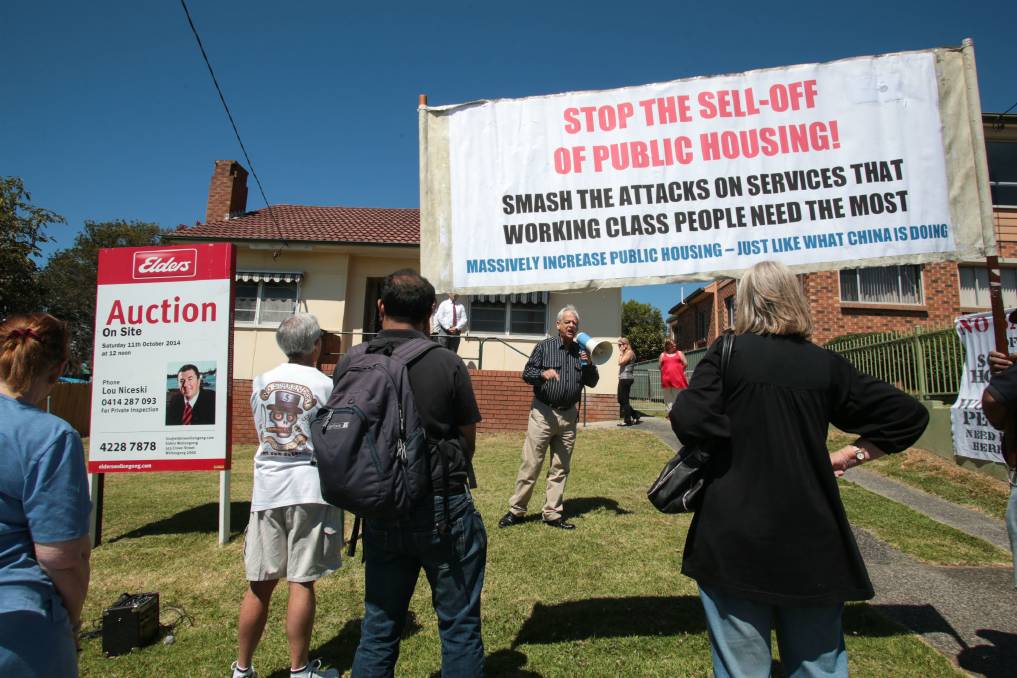
With the situation increasingly desperate and with submissions to government bodies and other forms of “official” protest being ignored, the campaign turned militant in 2017. First, in May 2017, dozens of trade unionists, public housing tenants and other supporters of public housing blockaded 32 High Street in Millers Point to try and prevent the sheriff from evicting the then public housing tenant living there, staunch public housing activist, Peter Muller. The movement was able to hold the sheriff at bay for the first day but before dawn the next morning the sheriffs and police raided the home to enforce the eviction. Then on 6 August 2017, scores of trade unionists, current and former public housing tenants and other supporters of public housing carried out a powerful occupation of vacant public housing dwellings at 78 to 80 High St, Millers Point. Activists adorned the occupied homes with banners emphasising the struggle against the sell-off of public housing as well as with the flags of the unions supporting the Millers Point tenants’ struggle – the MUA and the CFMEU. Those houses had been slated for sell-off to wealthy speculators, landlords and capitalist developers after the government had driven off the public housing tenants who once lived there. The occupation demanded that the occupied houses and all unoccupied public housing dwellings in the area be given to the homeless or to those on public housing waiting lists. Later in the evening of the August 6 occupation, after numbers had dwindled somewhat five hours into the action, a heavy contingent of riot cops raided the occupation site. They also arrested four activists participating in the struggle.
Although heavy-handed state repression crushed this protest occupation and the earlier anti-eviction struggle at 32 High Street, both these actions – and the 6 August 2017 protest occupation in particular – really did scare the government. And although they are never going to admit it, these struggles almost certainly did compel the government to somewhat slow down their plans to slash public housing throughout the state compared to what they had been previously planning. We need more staunch struggles to stop the sell-off of public housing. We need new and more powerful versions of the May 2017 anti-eviction blockade and the August 2017 protest occupation. We must locate the fight against the privatisation of public housing as part of the wider struggle against the ruling class’ attacks on all public services and a struggle against their attacks on our trade unions.
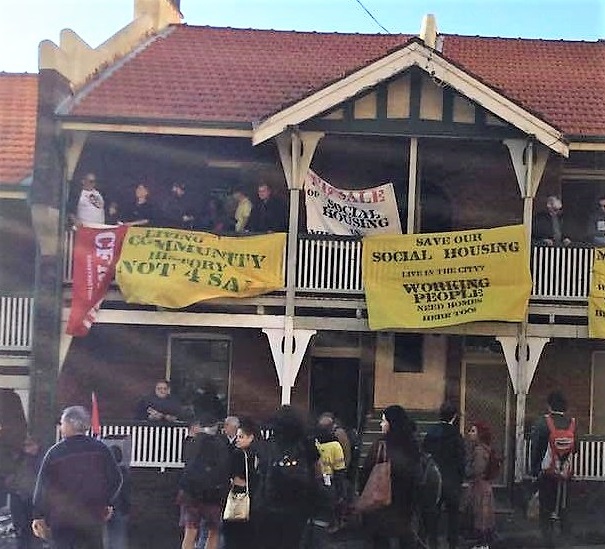
We need to not only put a stop to the sell-off of public housing but need to fight for a massive increase in the amount of public housing. There is a huge shortfall in the amount of public housing places. In the ten year period from 2007 to 2017, the former NSW ALP government and the current conservative NSW government slashed the amount of public housing in the state by 10% even as the population grew [16]. There are well over fifty thousand households on the official waiting list for public housing in NSW. There are even more who are eligible for public housing but have not gotten on the list because the wait times are so ridiculous. Meanwhile, there are literally hundreds of thousands of other households who need low-rent public housing but can’t even get on the waiting list because the entry criteria to the waiting list is so strict.
What’s Most Harmful about these Political Donations?
We should not let anyone downplay the seriousness of the issue of the governing party in NSW accepting donations from real estate companies just when this government is making decisions related to these companies’ participation in the sell-off of public housing. From the standpoint of the interests of working class people, the most harmful thing about these donations is that they acted to place pressure upon the government to maintain its course to sell off the public housing. Put another way, accepting donations from those who had very direct vested interests in seeing the public housing privatisations go through made the Liberal Party less willing to back down and offer concessions in the face of the determined movement opposing the sell-off.
Secondly, the dodgy donations add to the stench of corruption that has surrounded NSW and its mainstream politicians. Let’s not forget that several ministers in this NSW Liberal government have already been forced to resign because of corruption-related actions, like improper receipt of “gifts” – not the least being former premier, Barry O’Farrell. And we all know about the corrupt activities of several influential members of the former ALP state government. Meanwhile, it is precisely in the property sector where corruption is most rife. The industry at its top is ridden with not only dubious links to politicians but is plagued with violent rivalries and connections to organised crime.
Thirdly, and most obviously, the donations were meant to influence government decisions on which real estate firms would be granted the lucrative contracts to auction/sell off the public housing properties. Notwithstanding that the entire sell-off was terribly harmful to the former tenants and to all working class people, the fact is that any improperly influenced government decision on who should conduct the property sales could mean a big loss to what is supposedly “public funds.” Say, for example that these donations to the Liberal Party enticed the government to accept a bid to conduct the sales from real estate companies that charged, say, a 0.3% higher commission than a rival bid that the government may have gone with. Given that the total sell-off is going to amount to around $750 million then that would mean that over $22 million ends up being lost from public funds; or, rather, transferred from the public budget to the bank accounts (and eventually the glitzy prestige cars and swank holiday mansions) of high-flying real estate bosses. With that $22 million how many badly needed extra public hospital beds could be provided? Or how many extra public housing dwellings could be made available?
This then leads to a still more crucial question? That is, aside from the fact that the entire sell-off was unjust and the donations by the real estate companies arranging the sales highly questionable, why should private businesses have been engaged in the sell-off at all? More fundamentally, why are private business owners allowed to profit from the government provision – and in this case sell-off – of public housing? The answer is that there is such a tiny public sector in this country – and much of the little that once did exist has been privatised by Liberal and ALP governments alike over the last three and a half decades – that there are few publicly owned operations set up to perform the required tasks. That is why from most levels of the construction work, to the provision of maintenance and repair of public housing, to, in this case, the sell-off of public housing, private businesses are getting contracts for work related to public housing. That means that public funds are flowing into the pockets of big corporate shareholders and other wealthy business owners. Herein is a key reason why the provision of public housing is so inadequate in Australia. In addition to anti-working class governments being unwilling to provide sufficient funds for public housing, the funds that are actually dispensed produce an inadequate number of dwellings because so much of the money ends up being skimmed off by private business contractors at every level.
For an Economy Based on Public Ownership
of All Key Industries, Finance and Infrastructure
To highlight the problem here of so much of the funds allocated for public housing being siphoned off to wealthy private businesses, it is worth contrasting this reality in capitalist Australia with a socio-economic system based on public ownership and seeing how the latter delivers public housing. Such a system exists in the world’s most populous country – and Australia’s largest trading partner – the Peoples Republic of China (PRC). Although pro-market reforms over the last 40 years have created a sizable private sector in China as well as a class of capitalist exploiters, the public sector still plays the dominant role in the PRC. Some 90% of the PRC’s biggest 100 companies are stated owned, including all her biggest banks, her main oil/gas companies, biggest construction companies, ports, shipping, power producers, main airlines, biggest steel producers etc (and even many of her biggest real estate firms). As a result, every stage of public housing provision in China – from the banks providing finance if needed, to the construction companies building the housing to the steel, cement and plate glass manufacturers providing building supplies – is dominated by publicly owned enterprises. This means that, unlike in Australia, little of the public funds allocated for public housing ends up in the bank accounts of wealthy private business owners. Even if one of the state-owned banks providing credit for public housing construction were to charge too high an interest rate or a state-owned building materials supplier were to set too high prices, all this ends up as higher profits for state-owned firms and these profits then get recycled back into the public budget … to be available for more public housing construction. This is why the PRC has been so spectacularly able to increase the amount of public housing in the country over the last decade or so. From 2008 to 2017, the PRC provided 64 million additional public housing dwellings in urban areas! As a result, while the proportion of people with access to public housing in Australia’s urban areas has fallen to just one in every thirty households, in the PRC’s urban areas around one in four people now are living in one of its various forms of public housing.
Of course, since a system based on public ownership of key sectors of the economy – that is a socialist system – favours working class people, the capitalist rulers are not going to allow such a system to arise without putting up tenacious resistance. Indeed, such a socio-economic system can only be secured if the working class sweep away the capitalists from power and erect their own workers state. In China, the toiling classes had to make a massive revolution in 1949 to enable her to build a system in which public ownership plays the backbone role. Not only does this socialistic system mean that funds allocated for public housing are actually used for this purpose rather than partially for enriching private capitalists, the fact that working class people – in a tenuous and fragile way to be sure – have control over the PRC state means that there is actually a political will to provide public housing in China. The main slogan of the PRC’s housing policy is: “Houses are for living in and not for speculation.” As a result, while public housing continues to be sold off here in Australia, in the PRC the campaign to provide public housing continues to surge forward. Last year, China’s southern metropolis of Shenzhen decreed that from then onwards at least 60% of all new housing in the city must be public housing [17]. The PRC authorities went further when setting the housing policy for the Xiongan New Area – the new city of 5 million people being built 100 km from Beijing. There the PRC has decreed that every single house in what they have deemed to be a model city for the future must be public housing [18].
Another reason why the PRC’s socialistic state has been able to successfully undertake its drive to increase public housing is because it and the PRC public sector enterprises’ Communist Party of China committees – that have decisive oversight power over such companies – compel the leaders of state-owned enterprises to meet such social goals. In other words, the bonuses and future promotion opportunities of the directors and CEOs of China’s public sector enterprises depend on how well they have met declared socially important targets – like increasing the amount of public housing and like the main goal that has been dominating PRC political life over the last few years, the drive to ensure that no person in that country is living in extreme poverty by 2020. As a result, while the bosses of Australian banks will use any means necessary to satisfy their big shareholders’ demands for ever high profits, in the PRC the banks are falling over themselves to lend to public housing projects. Figures show that in China’s capital city, Beijing, in the first half of last year, two out of every three yuan of bank loans for real estate went into public housing development [19]. The same imperatives are also pushing the PRC’s big state-owned developers. Thus, for example, Beijing Investment Group, the state-owned builder and operator of Beijing’s Olympic village for the 2022 Winter Olympics has declared that the entire village will be turned into public rental housing at the completion of the 2022 Winter Olympics [20]. All this is why the struggle for public housing in Australia is intertwined with the broader fight here for a system based on public ownership under workers’ rule.
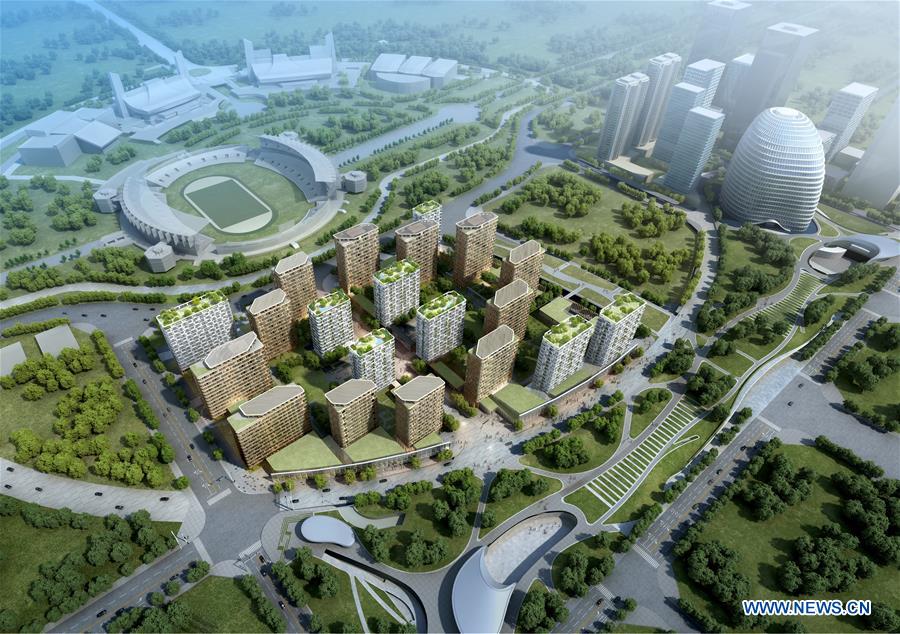
What the Donations Made to the NSW Liberal Party
Say about “Democracy” in Capitalist Australia
The fact that the NSW Liberal Party only received donations from the two real estate companies around the time when they awarded these companies lucrative government contracts and never received donations from them at any other time over at least the last ten years highlights the reality of who is really running this country: it is not actually the politicians themselves but the rich business owners. When you see who are the biggest political donors to the major political parties you see how much influence these capitalist business owners have. Among the biggest donations to the Australian Liberal Party for 2017-2018 (the last year that donations have been publicised) [22] include $250,000 from the ANZ Bank, $110,000 from oil and gas giant Woodside and $150,000 from the trust account of Australia’s richest family, the Pratt family, owners of Visy cardboard. During the same period, the ANZ Bank and Woodside also made donations of identical size to the ALP and Macquarie Telecom donated over $105,000 to the ALP [23].
It is not only through donations to political parties that rich capitalists control the direction of Australia. They also use direct political advertising to push their agenda when they need to. Most infamously, in 2010 mining billionaires Gina Rinehart and Andrew Forrest as well as other wealthy corporate bosses ran a massive advertising campaign on commercial TV and major newspapers that successfully gutted a proposed tax on mining super-profits and helped bring down the then prime minister who promoted the tax, Kevin Rudd. More subtly but just as insidiously, capitalist tycoons donate a fraction of the massive profits that they exploit out of workers’ labour to various arts, entertainment and sporting causes to ensure that popular culture is in accord with their interests and to curry favour with the public.

Notoriously, corporations also hire expensive lobbyists to influence political decision making. They especially seek out former politicians to ensure that their lobbyists have close contacts with the political administrators of the state. Moreover, because the corporate elite control the economy they are able to ensure that politicians eager for lucrative post-politics jobs in the corporate world dutifully serve the corporate bigwigs whilst they are still in parliament. All these different means of control and manipulation of politics was used, for example, by billionaire James Packer’s Crown Corporation to ensure that laws and regulations that could have curbed its plan to build an exclusive hotel/casino resort at Sydney’s Barangaroo melted away [24]. Amongst the board of directors of Crown at the time was former Minister of Communications in the Howard government, Helen Coonan. Packer also employed former ALP heavies Mark Arbib and Karl Bitar as lobbyists for his casino project. Meanwhile on 12 November 2013, the very eve of the day that the NSW parliament rammed through special amendments to the Casino Control Act specifically to support Crown’s Barangaroo project, Packer ostentatiously announced a $60 million donation to various Sydney arts, theatre, opera and orchestra institutions by both his Crown Group and himself personally. All this has much relevance to the sell-off of public housing in the Millers Point area. As was strongly implied by a statement in October 2012 by the then NSW Finance Minister himself, part of what was driving the government’s (then proposed) sell-off was the need to not have working class people in the area “in the context” of ensuring that the wealthy clientele who will frequent the resort that Packer expects to make billions from do not have a “bad view” [25].
Then there is of course the reality that, from Rupert Murdoch to billionaire Channel Seven owner Kerry Stokes, the media is owned and thus controlled by capitalist moguls. Thus, media reporting is heavily biased towards the interests of the big end of town. Any political party that stands uncompromisingly for the interests of working class people would face massive attacks from the mainstream media not to mention from direct advertising from big business and from the numerous cultural organisations and NGOs directly and indirectly financed by the capitalists. That is why the mythical “one person one vote” that supposedly exists in Australia is in reality more like “one million dollars, one million votes”! And it is not that “democracy in Australia has flaws” or even that “it is broken.” Thus far real “democracy” has never existed in the post-1788 history of this country. Ever since Aboriginal people were murderously dispossessed by the new colonial ruling class, the system the latter established was never meant to give everyone an equal say: the figment of “democracy” was always only ever intended to enable the wealthy rural and urban business owners to hold real power while tricking the masses into believing that they are really in control.
Even if a party that genuinely stood for the interests of working class people were able to overcome all the bias and disadvantage it would face and get elected to office, that in itself would not bring about decisive change. This is because the state machinery and its personnel that such a government would then formally administer are itself tied by a thousand threads to the big end of town capitalists. We have seen this throughout the sell-off of public housing in inner city Sydney itself. Bureaucrats from Family and Community Services showed a high-handed attitude to the tenants that they were putting pressure on to relocate. The judges in the rental tribunals hearing cases of tenants objecting to the particular places they were being pushed to move into were unsympathetic. Meanwhile, when police raided the 6 August 2017 protest occupation in Millers Point they were not only “following orders” but seemed to enjoy repressing the pro-working class, pro-public housing action. The police inspector in charge threatened violence against protesters shortly before the raid:
“… if these police have to go in, it’s a contact sport. They will be looking to protect themselves and if someone is injured as a result of them ensuring their safety – unfortunately it does happen.”
When police then forcibly dragged the evicted public housing tenant, Peter Muller, from the front of the occupied building, they used unnecessary force and caused permanent injury to his left wrist which now hampers his work as an electrician. Furthermore, after seizing another activist that they arrested (who happens to be a Trotskyist Platform supporter) and dragging him around the corner away from the view of other protesters (other than for a previous arrestee who witnessed the events from inside the back of a police paddy wagon), policed proceeded to bend his wrist back painfully for extended periods, on at least two occasions, even though he was offering zero resistance at the time. Indeed this violent police operation had such little legal basis that these two activists after pleading Not Guilty to charges had their charges quashed by a magistrate after she found that the entire police raid was unlawful.
The fact is that the enforcement personnel of Australian state institutions have been recruited, trained, nurtured and shaped to serve the interests of the wealthy big property owning class over those of the working class masses. That is why any elected political party that in any meaningful way intends to serve working class interests would immediately face sabotage and non-compliance from the state organs that it has been elected to nominally head. Such a party would then face two options: to either back down on its agenda (which is what usually happens) or to try and continue in which case it would be overthrown by the state organs in a coup as happened to the elected leftist government of Salvador Allende in Chile in 1973. That is why the road to winning improvements in the lives of working class people lies not through changes enacted by Australia’s “democratic institutions” but through mass struggle – union strikes, picket lines, street marches, blockades, protest occupations – the methods that have won us the gains that we have won here in the past. We, of course, do need a political party of the working class. But not one that, like the ALP, seeks to administer the “democratic system” but rather one that seeks to mobilise the masses in grass-roots struggle independently of all the capitalists and their state institutions with the aim of winning concessions from the capitalist enemy today and seizing state power tomorrow.
Working Class People Need a Party That No Capitalist Would Want to Donate to
Although the ALP, just like the Liberals, receives donations from corporations and their capitalist owners, the ALP is not identical to the Coalition parties. The ALP also receives big donations from our trade unions – that is, from working class organisations representing millions of workers. And while the membership of the Liberal Party is dominated by small and big-time capitalist exploiters of labour as well as yuppy wanna-be capitalist business owners, the ALP’s rank and file are largely working class people. The problem, however, is that the ALP’s program to “serve” its working class base is to try and make only small reforms that will not overly upset the capitalists. Although the ALP is prepared to irritate some big end of town high fliers, they still crave the latter’s overall acceptance. Intimidated by and refusing to challenge the capitalist power that thoroughly dominates Australian society, the ALP is determined to ensure that they do not face excessive opposition from the big end of town so that they will be able to administer the capitalist state in an orderly fashion when in government. We see this in the lead up to the upcoming federal elections. The ALP has promised some small worthwhile measures to improve dental care for pensioners financed in part by cracking down somewhat on negative gearing tax concessions for wealthy property speculators. But they refuse to support any increase whatsoever in public housing. Instead, they have an “affordable housing for renters” platform that will only provide a drop in the ocean of the amount of lower rent accommodation that is needed, will only guarantee a rent level that is just 20% below the exorbitant market rents and which is centred on a Liberal Party-like plan to give subsidies to private housing operators [26]. Indeed, this shabby “affordable housing” program is very similar to that of the NSW Liberal Berejiklian government!
Since it has no program to challenge capitalist power, large sections of the corporate elite including the banks, telecommunications firms and resource companies continue to accept the ALP (even as some hard right-wing sections of the ruling class like the Murdoch family are at the moment against Labor) to the point that they even make large donations to the ALP. Such a party should not be supported by working class people in any way. We need, instead, a workers party that will not limit its program to what is tolerated by the capitalists. Such a party not only fights today for a massive increase in public housing and for forcing bosses to, at the expense of their profits, increase their hiring of permanent workers but has a vision for a future socialist society that will guarantee not only secure jobs for all but will ensure that all the basic services that working class people need the most – public housing, aged care, 24 hour child care, public health and dental care, public schools, TAFE and universities and public transport – are available to all for free. Such a party seeks not to win the acceptance of the capitalists but, instead, seeks to mobilise the working class masses in struggle against the exploiting class with a view to preparing a fight to challenge capitalist power. Such a party would not only refuse to accept donations from corporate bigwigs, it would also be a party that no capitalist exploiter in their right mind would want to donate to.
Notes:
[1] Savills website, Start of a New Era for Sydney’s Iconic Sirius Building, 7 December 2017, https://www.savills.com.au/_news/article/109969/157512-0/12/2017/start-of-a-new-era-for-sydney-s-iconic-sirius-building (retrieved 25 April 2019)
[2] Electoral Commission NSW website, Disclosure Details for Donor SAVILLS (NSW) PTY LTD, Disclosure period 1/07/2016 – 30/06/2017, http://searchdecs.elections.nsw.gov.au/Details.aspx?EFID=a0S6F00000mIUUsUAO&ID1=0016F000028XgSbQAK&RPID=2017H1 (retrieved 25 April 2019)
[3] Electoral Commission NSW, DISCLOSURES LODGED, Search for disclosure information, http://searchdecs.elections.nsw.gov.au/search.aspx (retrieved 25 April 2019)
[4] Although the Major Political Donor form filed by Savills lists the donation as being made on 27 February 2018 (see: http://searchdecs.elections.nsw.gov.au/Documents/FD2018-158.pdf), the donation is listed in the earlier 1/07/2016 to 30/06/2017 disclosure period (http://searchdecs.elections.nsw.gov.au/Details.aspx?EFID=a0S6F00000mIUUsUAO&ID1=0016F000028XgSbQAK&RPID=2017H1). That 1/07/2016 to 30/06/2017 disclosure shows that the Savills donation was actually made in February 2017 and not February 2018. This seems correct as the declaration was made on 21 September 2017, i.e. well before the February 2018 date that the Savills major political donor form lists the donation as being made. Moreover, the Receipt Number of the donation tallies with a donation made in February 2017 and not February 2018. So an “error” has been made by either a Savills officer or a Liberal Party official by detailing in the Major Political Donor form the donation as being made a year later than it actually was. In of itself this is not a huge deal. From the aspect of our key point that Savills made a big donation to the NSW Liberal Party around the time period when the latter party in government was awarding it the lucrative contract to sell Sirius, it matters little whether the donation was actually made in late February 2017 or late February 2018 – i.e. either eight and a bit months before the announcement that Savills had been awarded the contract or two and a bit months after the announcement. What does matter is if there has been a conscious attempt to conceal the timing of the donation. In particular, what if either Savills or the Liberal Party deliberately made a “clerical error” and put the date of the donation as February 2018 rather than February 2017 to ensure that the donation appears to have been made after the government announced that Savills had been awarded the Sirius sale contract rather than being made in the period when the government decision about the Sirius contract was being considered. Now we do not have any concrete evidence to say that this is what actually happened. However, given all the corruption that has taken place in NSW, the deviant processes that have surrounded the inner city public housing sell-off and the associated regulatory approvals of James Packer’s luxury casino-hotel resort at Barangaroo and the dodgy context of the Savills donation itself, we would not be surprised if the apparent incorrect dating of the Savills donation is more than just an innocent clerical error. Of course, regardless of whether or not there has been a conscious attempt to conceal the donation’s timing, the key broader overall point stands: that the NSW Liberal Party accepted a nearly $4,000 donation from Savills around the time when it would have been considering whether to grant that real estate business the multi-million dollars’ worth contract to sell the Sirius building.
[5] Eliot Hastie, REB, Final Millers Point tranche sold, 8 November 2018, https://www.realestatebusiness.com.au/breaking-news/17927-final-millers-point-tranche-sold (retrieved 25 April 2019)
[6] Electoral Commission NSW website, Disclosure Details for Party, The Liberal Party of Australia New South Wales Division, Disclosure period 1/07/2014 – 30/06/2015, http://searchdecs.elections.nsw.gov.au/Details.aspx?EFID=a0S6F00000qI37dUAC&ID1=0019000000twe3RAAQ&RPID=2015H1 (retrieved 25 April 2019)
[7] NSW Government Finance, Services & Innovation website, Millers Point Properties Announced For Sale, 13 April 2015, https://www.finance.nsw.gov.au/about-us/media-releases/millers-point-properties-announced-sale (retrieved 25 April 2019)
[8] Lisa Allen, The Australian Business Review website, Provectus Care’s Shane Moran pays $7.7m for Dawes Point mansion, 3 September 2016, https://www.theaustralian.com.au/business/property/provectus-cares-shane-moran-pays-77m-for-dawes-point-mansion/news-story/9fa7af25fae87916f368f02c3829690e (retrieved 25 April 2019)
[9] There were donations made by an elder brother and possibly other relatives of Shane Moran – and possibly Shane Moran himself – to the NSW Liberal Party in the five month period after he first publicly announced in September 2016 that he was applying for planning approval to turn the Darling House that he bought as part of the Millers Point privatisations into a high-end aged care facility. Firstly, in two donations made on 5 September 2016 and 25 September 2016, Moran Australia (Residential Aged Care) Pty Ltd run by Shane Moran’s brother, Peter Moran, donated a total of $2,000 to the NSW Liberal Party (http://searchdecs.elections.nsw.gov.au/Documents/FD2017-3968.pdf). Then on 22 November 2016, a further $2,000 was donated by a Shane Moran (http://searchdecs.elections.nsw.gov.au/Details.aspx?EFID=a0S6F00000qI37YUAS&ID1=0019000000twe3RAAQ&RPID=2017H1). However, we are unable to be sure whether this Shane Moran who is listed as “Shane Michael Moran” is the same Shane Moran as the one who bought Darling House given that the address listed with the donation is different to the address of the Swifts mansion that the Shane Moran who bought Darling House is known to live in (although he may well have multiple addresses that he uses). If it is not the same Shane Moran, it could however be a cousin, nephew or uncle. Then on 24 February 2017, one Matthew John Moran donated $5,500 to the NSW Liberal Party in the single biggest donation to the party by an individual that financial year (http://searchdecs.elections.nsw.gov.au/Details.aspx?EFID=a0S6F00000qI37YUAS&ID1=0019000000twe3RAAQ&RPID=2017H1). This may possibly be a donation by a cousin, nephew or uncle of Shane Moran but we can’t be sure. What is striking is that each of these “Moran” entities who made donations to the NSW Liberal Party in late 2016-early 2017 – Moran Australia (Residential Aged Care) Pty Ltd, Shane Michael and Mathew John Moran – made no other donations to the NSW Liberal Party in the last ten years except during this brief period soon after Shane Moran happened to start seeking approval to convert Darling House into a high-end aged care facility. And there were no other donations made by any other person with a Moran surname to the NSW Liberal Party in this ten-year period either. It is, however, possible that the donation made by Shane Moran’s brother’s company, Moran Australia (Residential Aged Care) Pty Ltd, and donations by others who were possibly in the same family/extended family was more about protecting one or more of the several sets of aged care businesses owned by Moran siblings from scrutiny in the light of the emerging scandal in Australia over the quality and price of aged care residences and of elder abuse in aged care homes. Given this uncertainty over the purpose of the donations and uncertainty over the exact identities of all the donors with a Moran surname we chose not to include this material in the main body of the article but detail it here for other activists, researchers and journalists to follow through on in the future.
[10] Morris, Alan (2018). Gentrification and Displacement – The Forced Relocation of Public Housing Tenants in Inner-Sydney, Springer Verlag (Singapore), https://www.booktopia.com.au/gentrification-and-displacement-alan-morris/prod9789811310867.html
[11] Australian Government Productivity Commission (2019). Report on Government Services, Chapter 18 – Housing, Table 18A.3, https://www.pc.gov.au/research/ongoing/report-on-government-services/2019/housing-and-homelessness/housing/rogs-2019-partg-chapter18.pdf
[12] The year 2018 was not included in the comparison because in that year the statistical method used by the NSW government was changed and public housing figures from that year onwards included dwellings identified for disposal or leased to community organisations. Note d in Table 18A.3 in the above reference states that: “PH [Public Housing] and SOMIH [State Owned and Managed Indigenous Housing] data from 2017-18 include dwellings identified for disposal and dwellings leased to a community organisation. These dwellings are excluded from data for previous years ….” This change in statistical method artificially inflated 2018 public housing numbers respective to those in previous years.
[13] Tawar Razaghi, Domain. Annual rental affordability survey finds worst results for low income earners in 10 years, 28 April 2019, https://www.domain.com.au/news/annual-rental-affordability-survey-finds-worst-results-for-low-income-earners-in-10-years-830824/?utm_campaign=strap-masthead&utm_source=smh&utm_medium=link&utm_content=pos5&ref=pos1 (retrieved 29 April 2019)
[14] NSW Government Family and Community Services. Rent and Sales Report – interactive dashboard, https://public.tableau.com/profile/facs.statistics#!/vizhome/Rentandsales/Rent for Cumberland LGA, December 2018 quarter, 1 Bedroom Flat/Unit
[15] NSW Government Family and Community Services. Social Housing Eligibility and Allocations Policy Supplement, Table 1: Household member types and current weekly income allowance, https://www.facs.nsw.gov.au/housing/policies/social-housing-eligibility-allocations-policy-supplement/chapters/income (retrieved 25 April 2019)
[16] Shelter NSW, NSW HOUSING FACT SHEET 1, Dwellings, households & tenure profile (see page 8 in particular), April 2018, https://shelternsw.org.au/sites/shelternsw.org.au/files/public/documents/Shelter%20NSW%20Housing%20Fact%20Sheet%20April%202018.pdf (retrieved 25 April 2019)
[17] Stella Qiu and Ryan Woo, Reuters. China’s Shenzhen to cap new private homes at 40 percent of supply, 5 June 2018, https://www.reuters.com/article/us-china-economy-property-shenzhen/chinas-shenzhen-to-cap-new-private-homes-at-40-percent-of-supply-idUSKCN1J11E3 (retrieved 25 April 2019)
[18] Elizabeth Winkelman (translated Amber Yang), Australia China Business Circle, China’s Xiongan New Area to Receive 2 trillion yuan ($385 billion) Investment over the next 15 years, http://www.business-circle.com.au/en/?p=3545 (retrieved 25 April 2019)
[19] Xinhua, Beijing reports slowest mortgage growth in 5 yrs, 28 July 2019, http://www.xinhuanet.com/english/2018-07/28/c_137354304.htm (retrieved 25 April 2019)
[20] China Daily, Work begins on Beijing 2022 Winter Olympic Village, 29 December 2017, http://global.chinadaily.com.cn/a/201712/29/WS5a4636eca31008cf16da44c2.html (retrieved 25 April 2019)
[21] Uma Patel, ABC News, Sam Dastyari steps down from Labor frontbench after accepting money from Chinese donors, 8 September 2016, https://www.abc.net.au/news/2016-09-07/sam-dastyari-steps-down-from-labors-front-bench/7823970 (retrieved 25 April 2019)
[22] Australian Electoral Commission website, Summary of Donations reported by Donors – By Party – 2017-18, Registered Party, Liberal Party of Australia, https://periodicdisclosures.aec.gov.au/SummaryDonor.aspx (retrieved 25 April 2019)
[23] Australian Electoral Commission website, Summary of Donations reported by Donors – By Party – 2017-18, Registered Party, Australian Labor Party (ALP), https://periodicdisclosures.aec.gov.au/SummaryDonor.aspx (retrieved 25 April 2019)
[24] Trotskyist Platform website, JAMES PACKER’S CROWN VERSUS MILLERS POINT PUBLIC HOUSING, 18 November 2016, https://www.trotskyistplatform.com/james-packers-crown-versus-millers-point-public-housing/ (retrieved 25 April 2019)
[25] Josephine Tovey, The Sydney Morning Herald website, Residents stick to their point of community, 26 October 2012, https://www.smh.com.au/national/nsw/residents-stick-to-their-point-of-community-20121025-288bh.html (retrieved 25 April 2019)
[26] ALP website, AFFORDABLE HOUSING FOR RENTERS, https://www.alp.org.au/media/1506/181216_affordable_housing_for_renters_fact_sheet.pdf (retrieved 25 April 2019)
